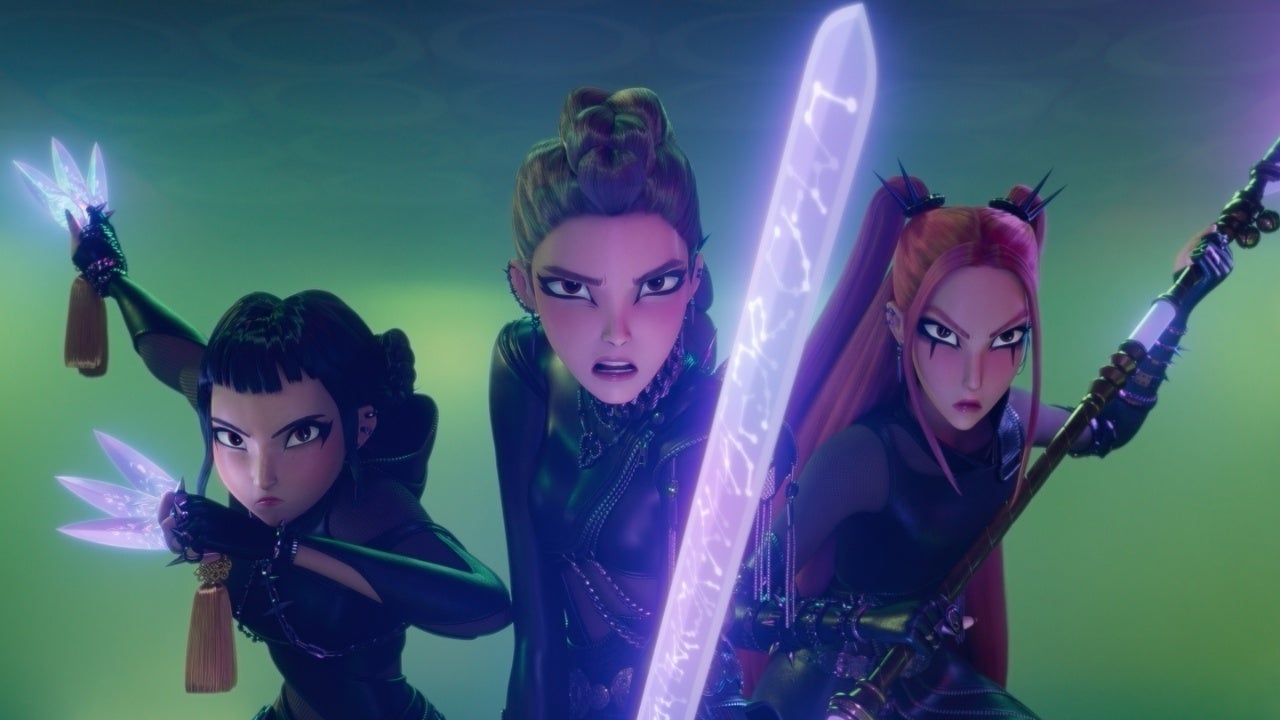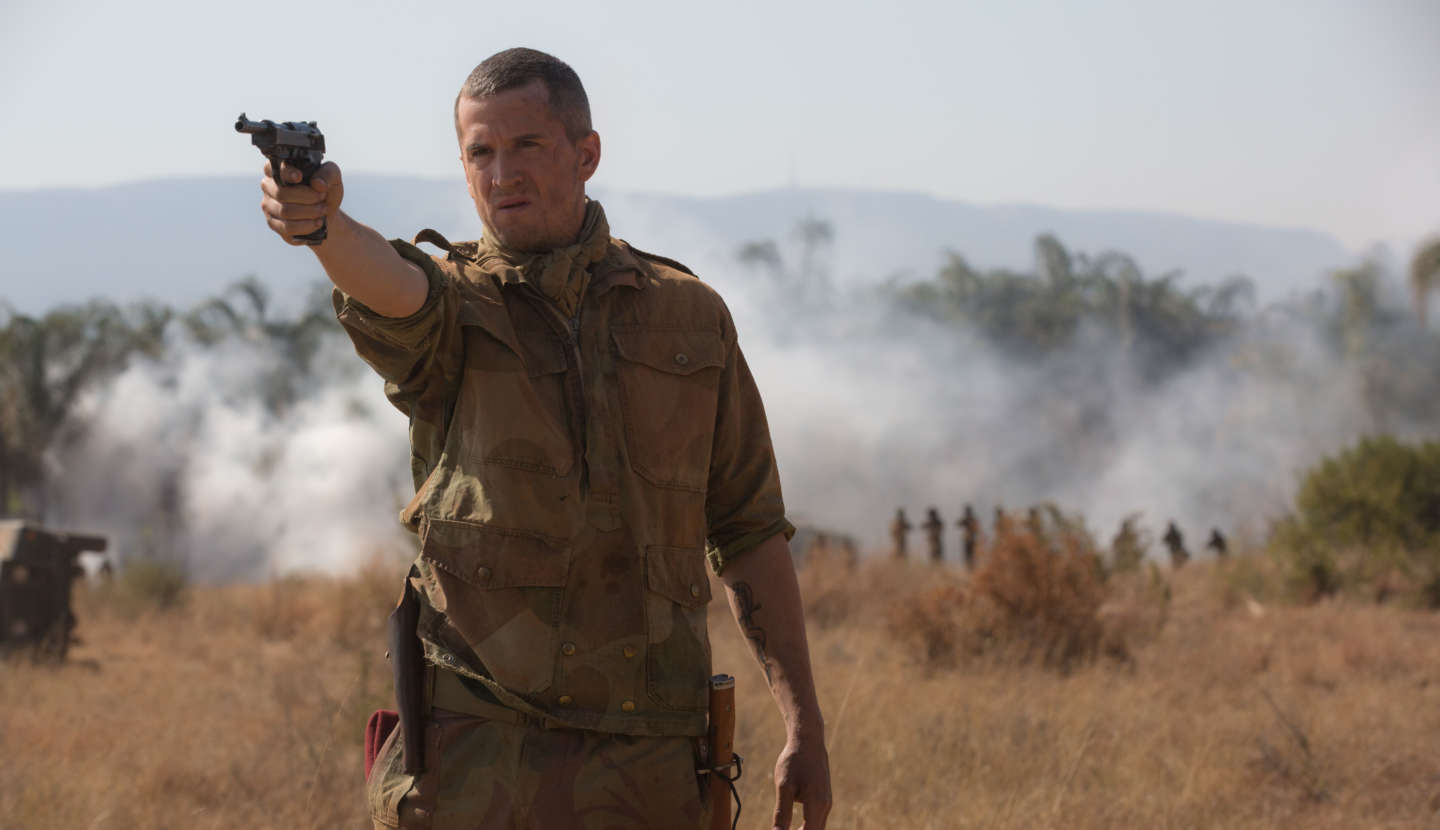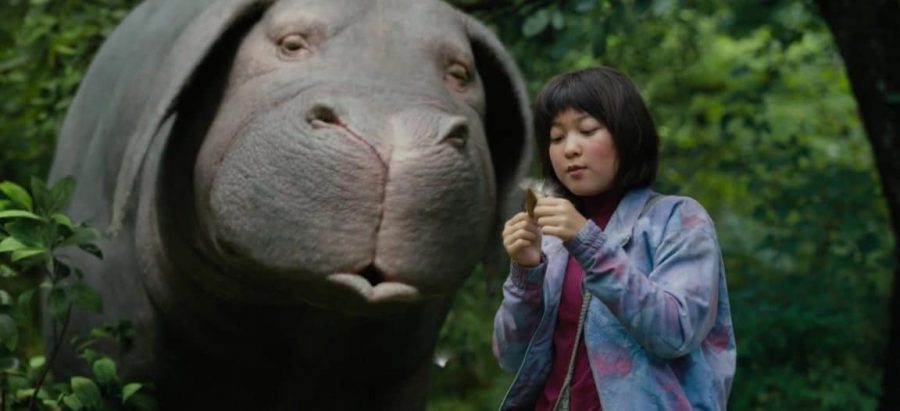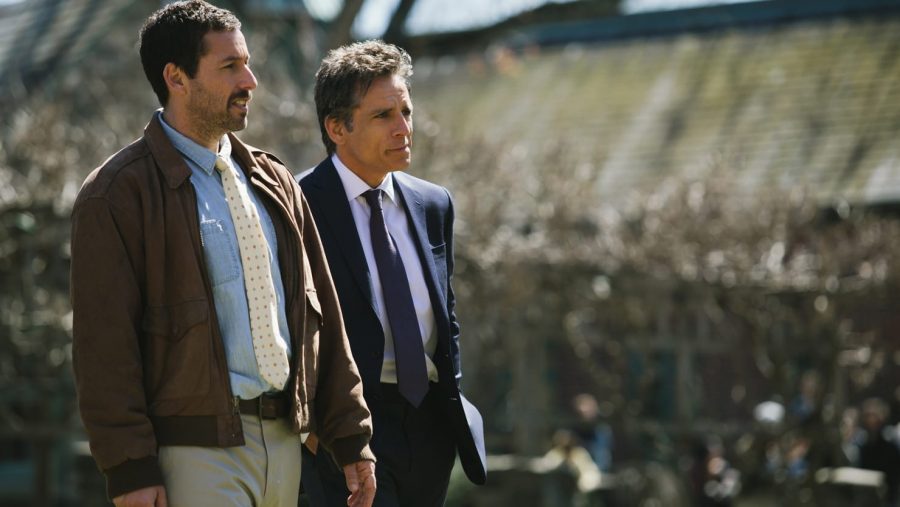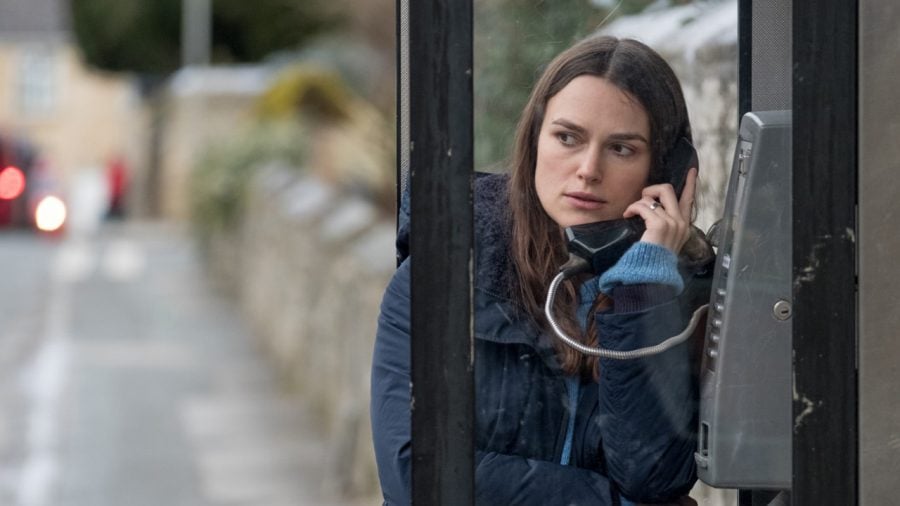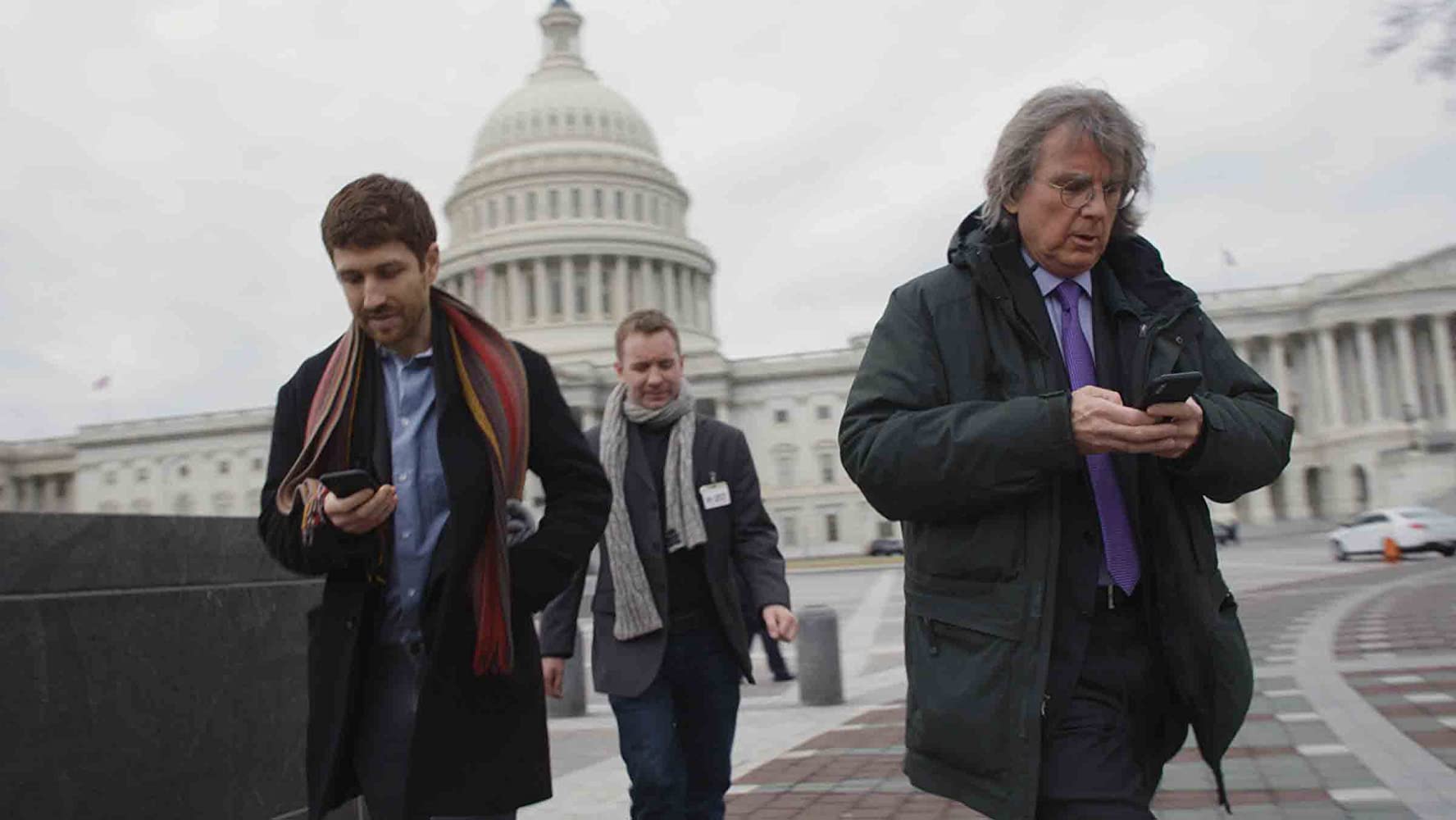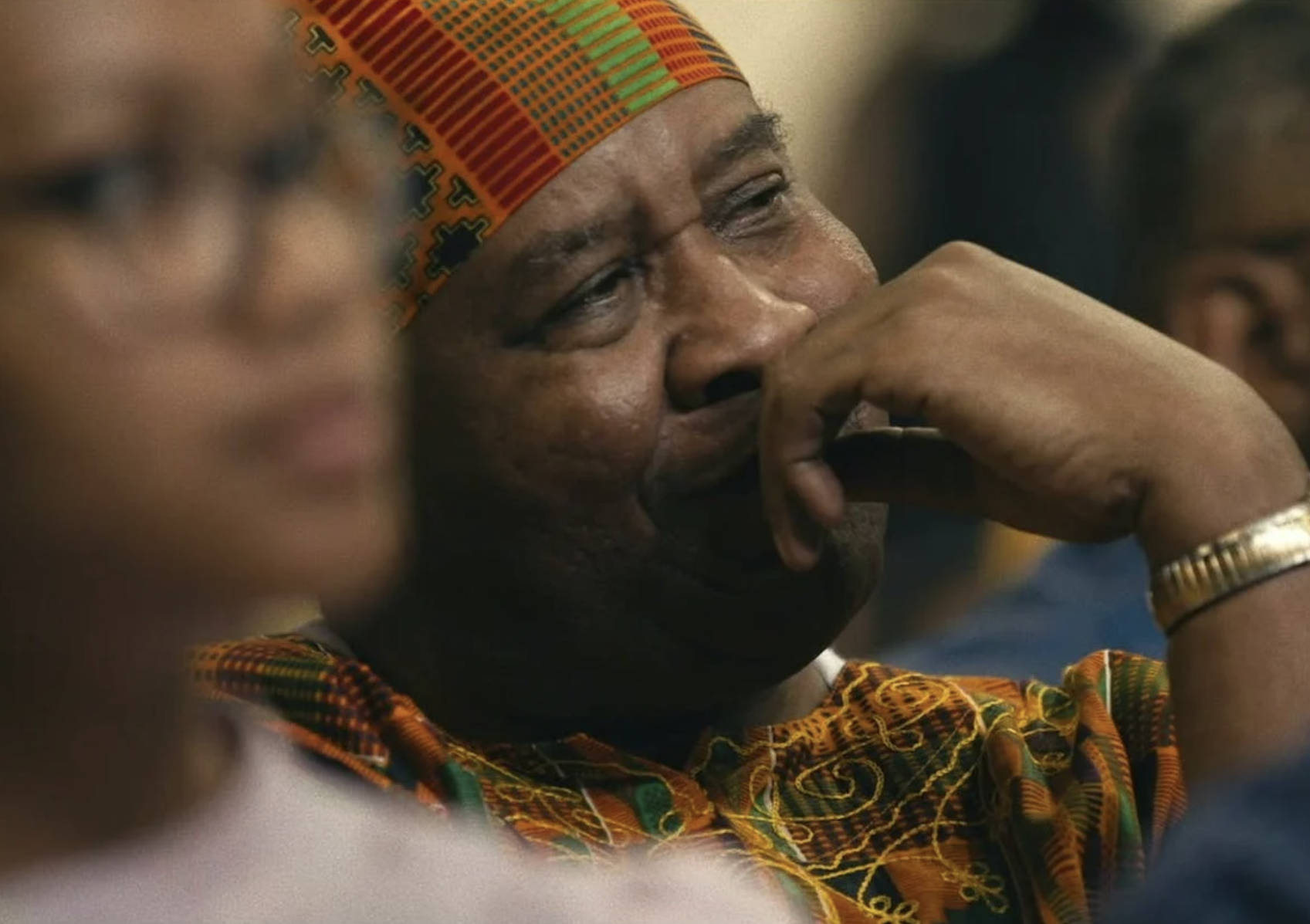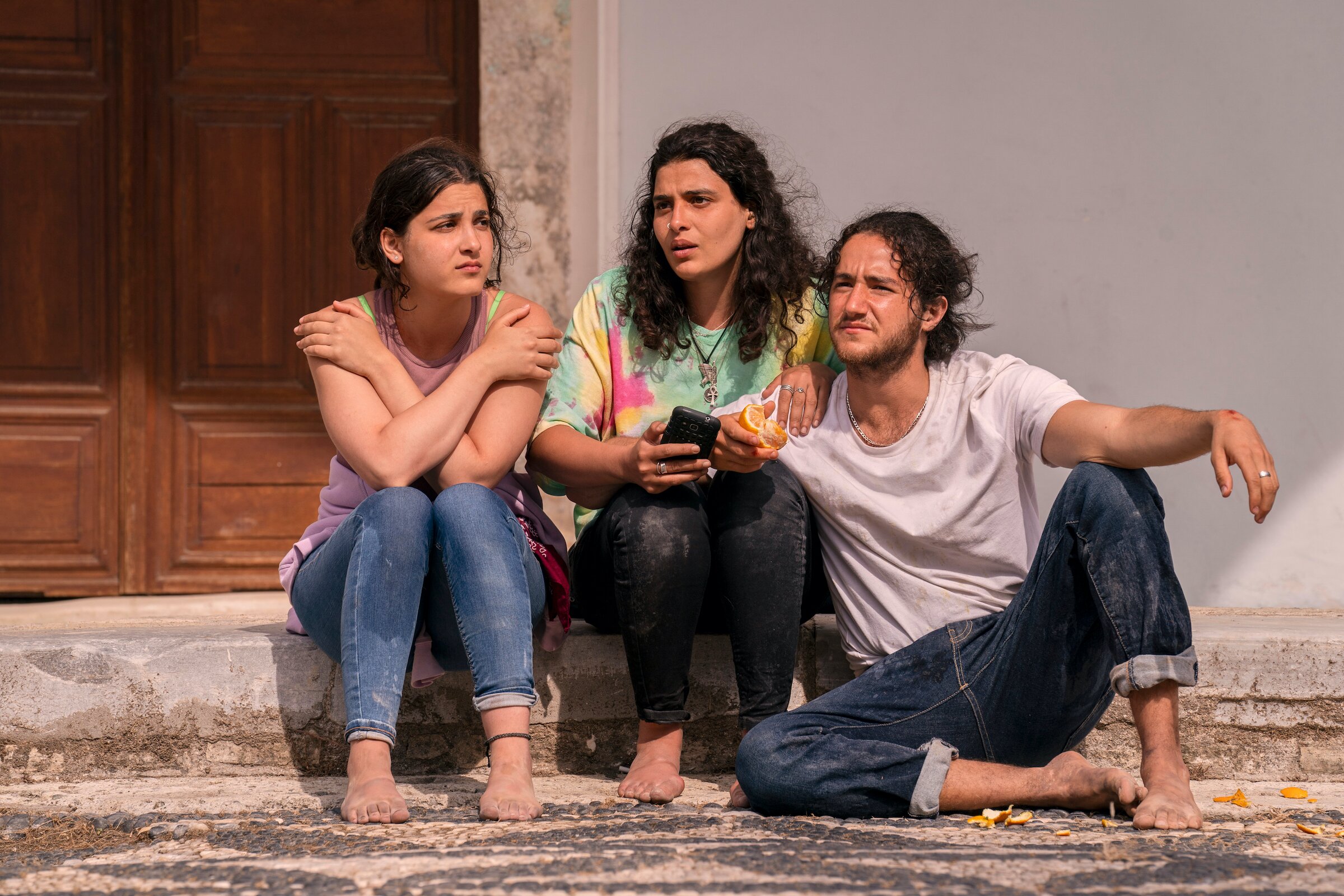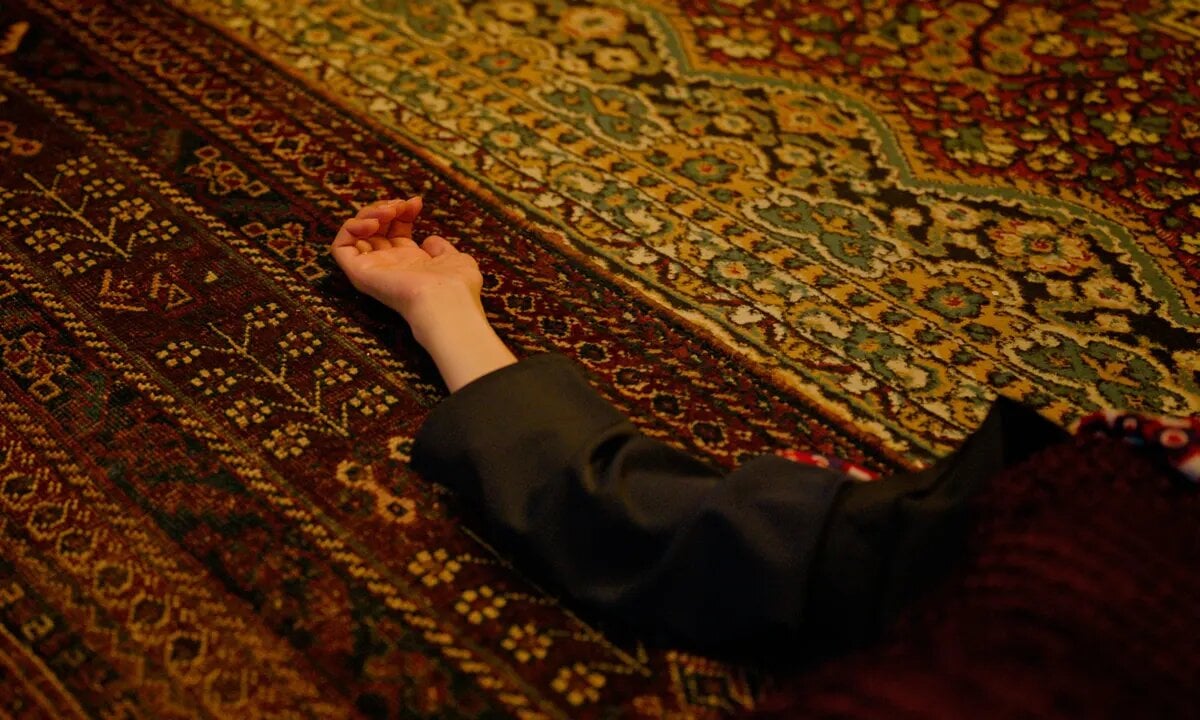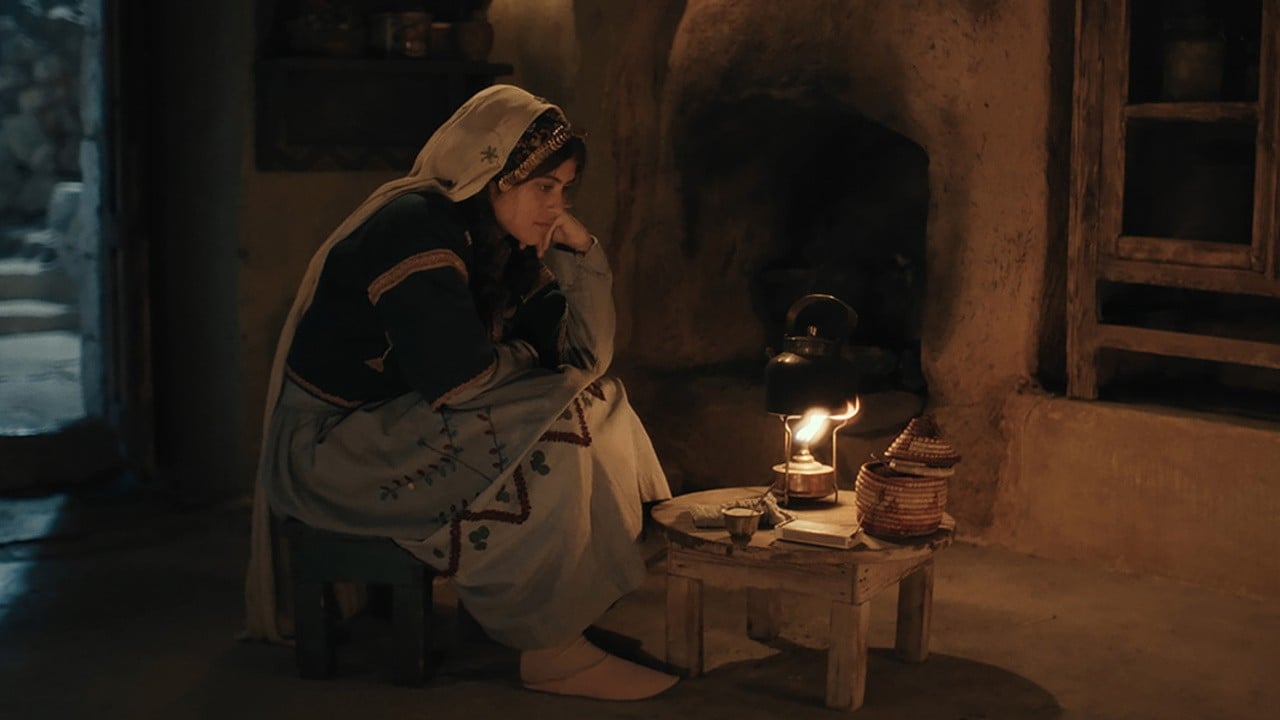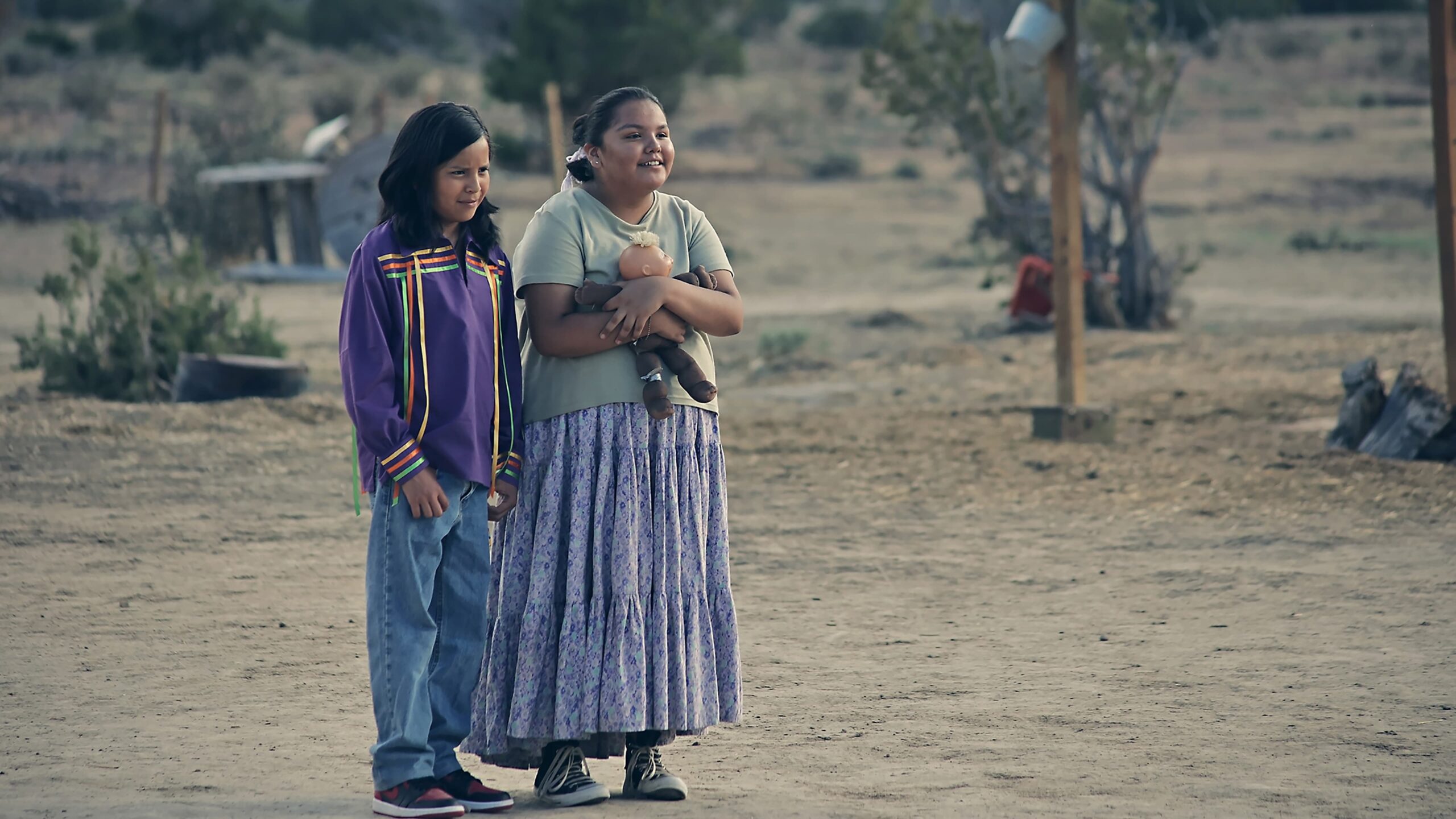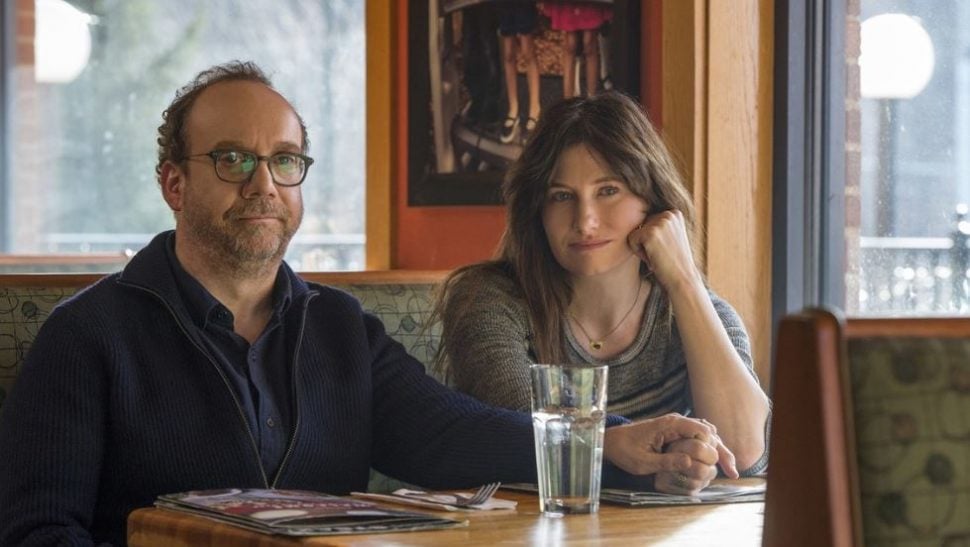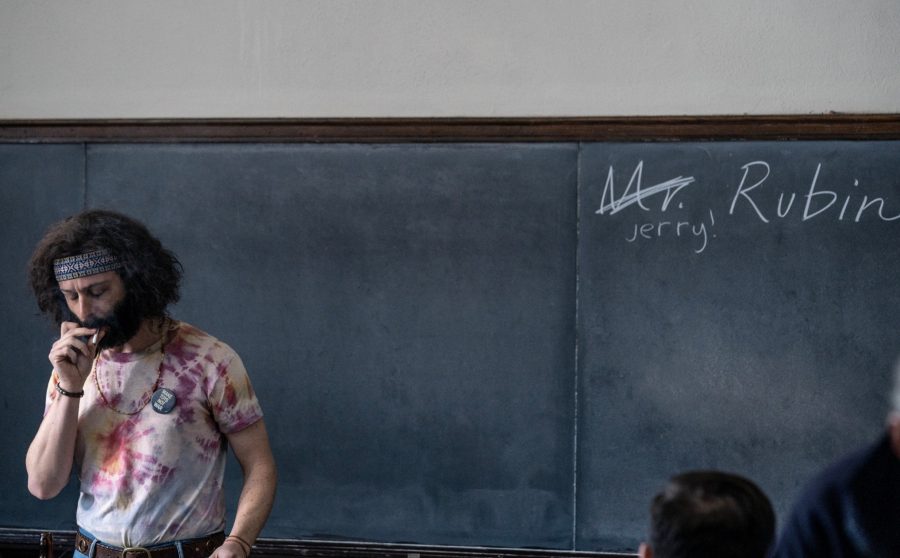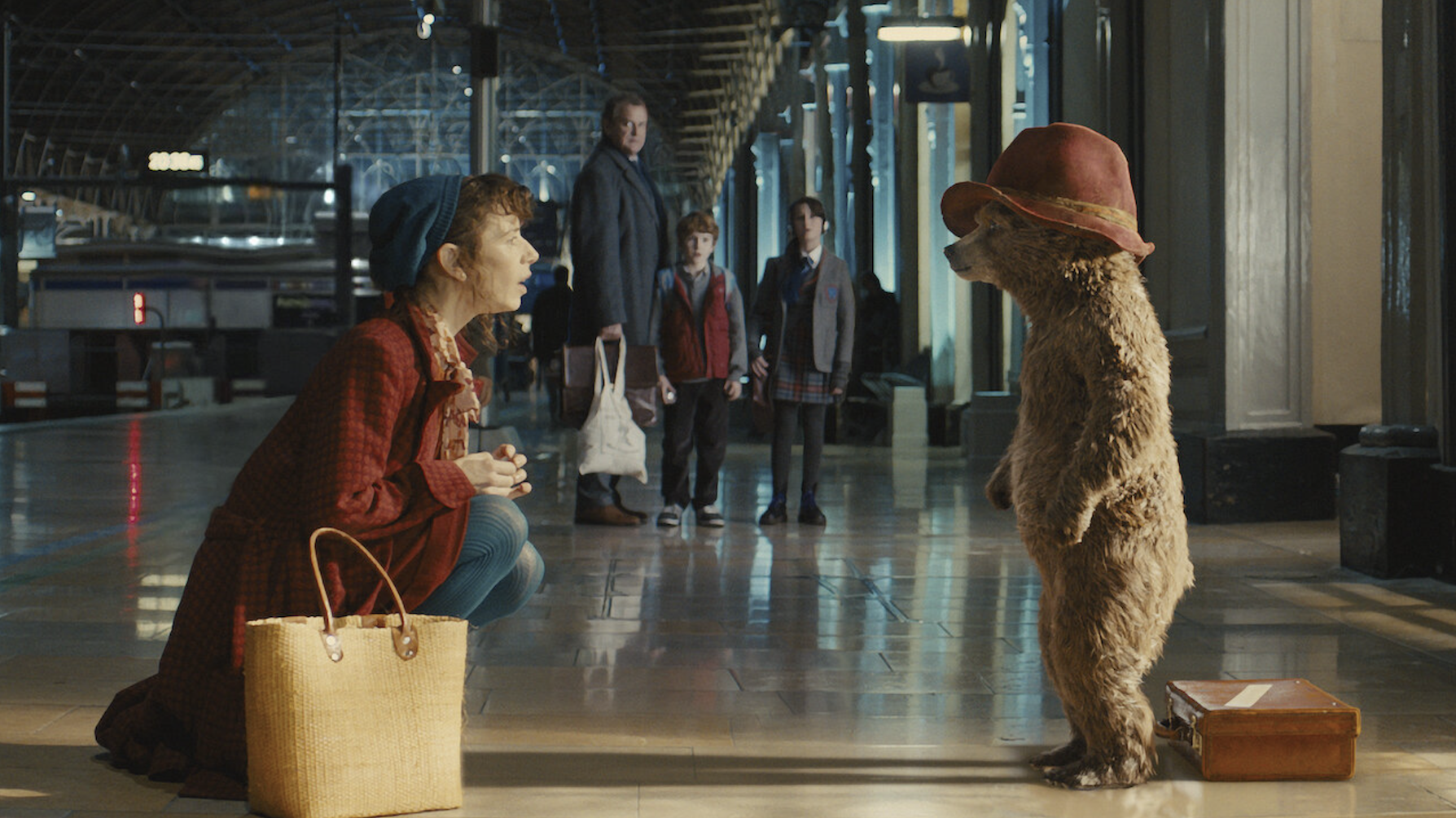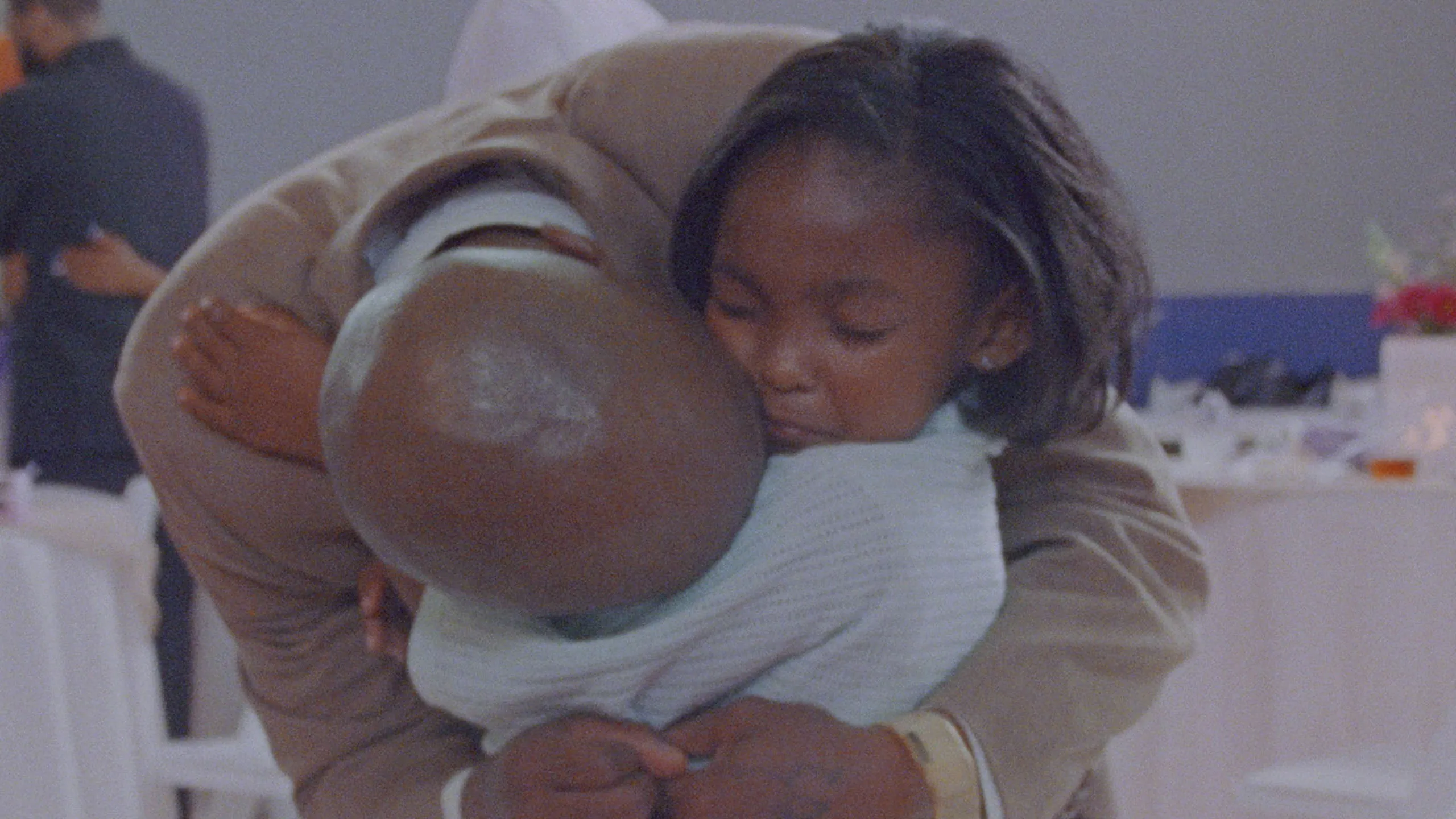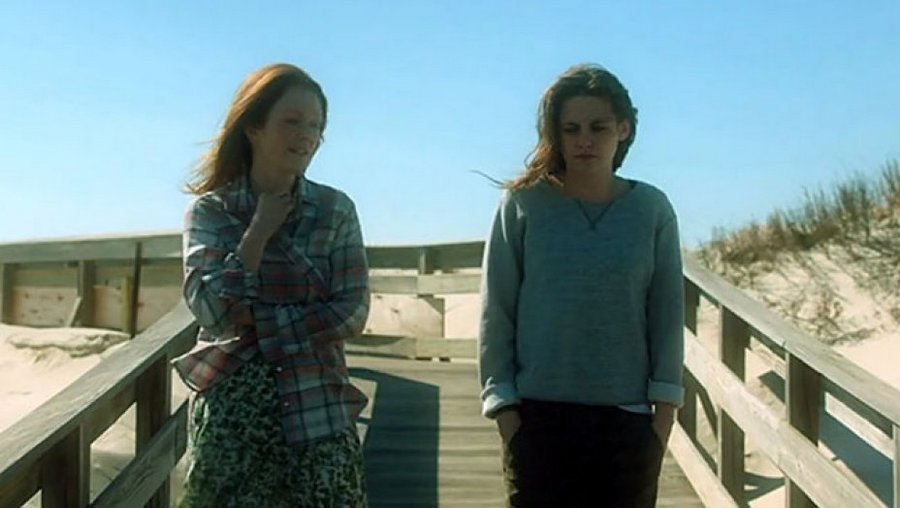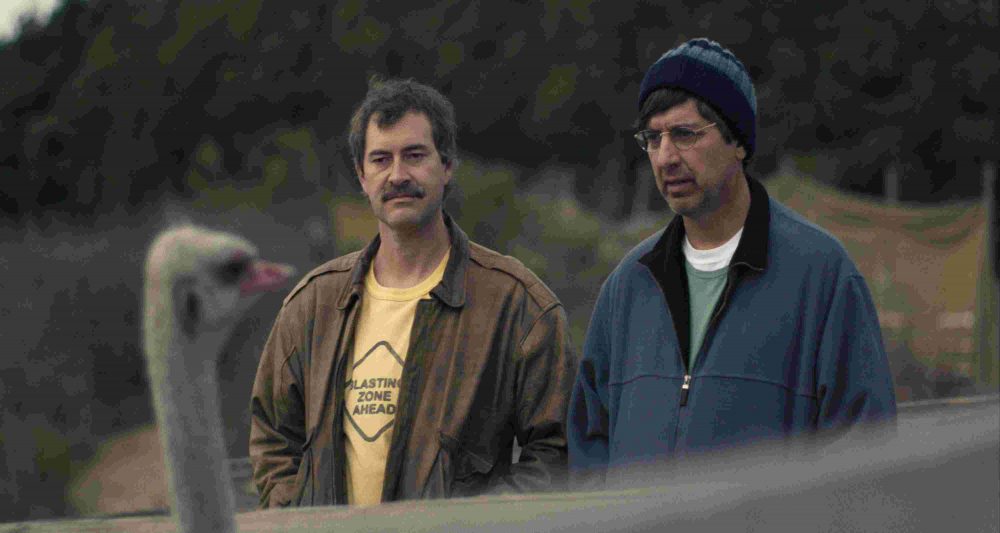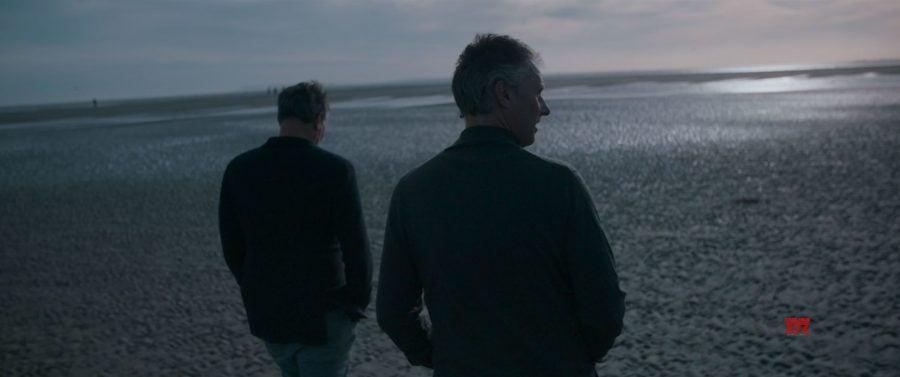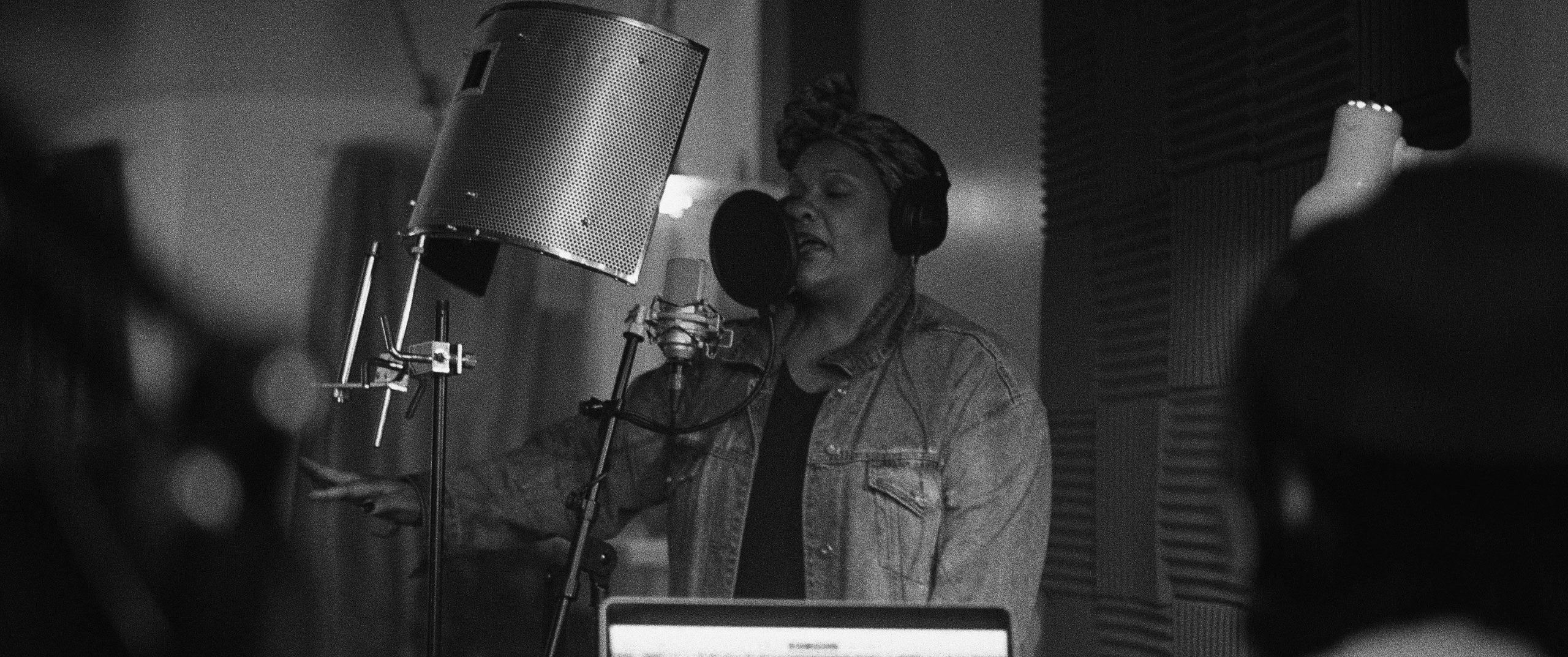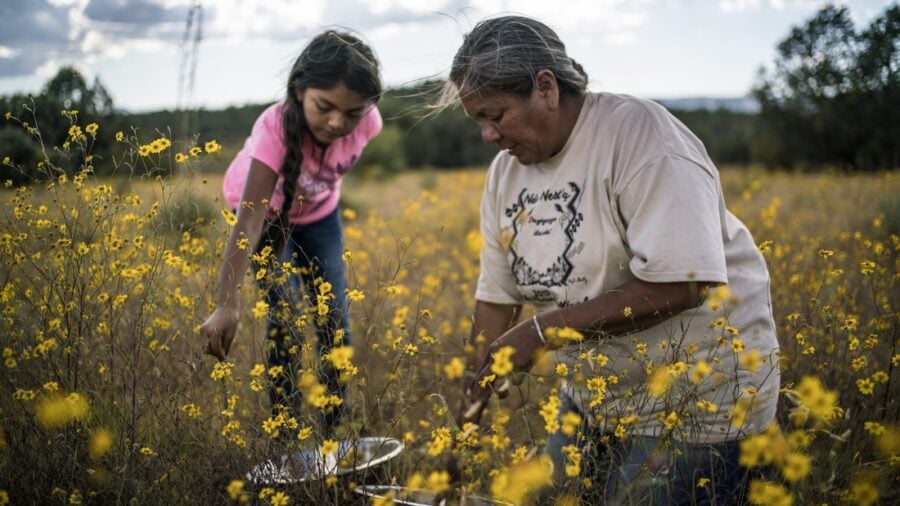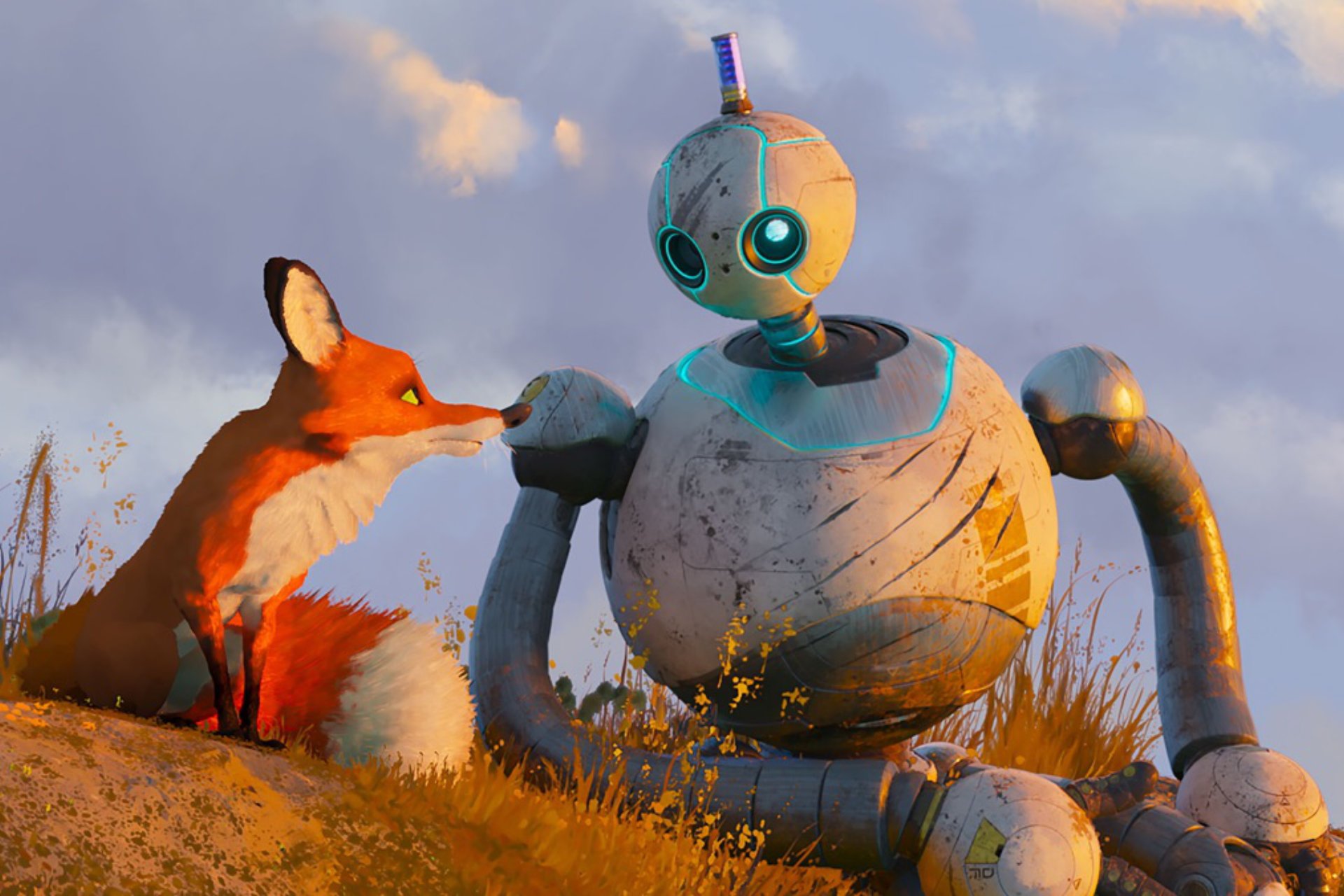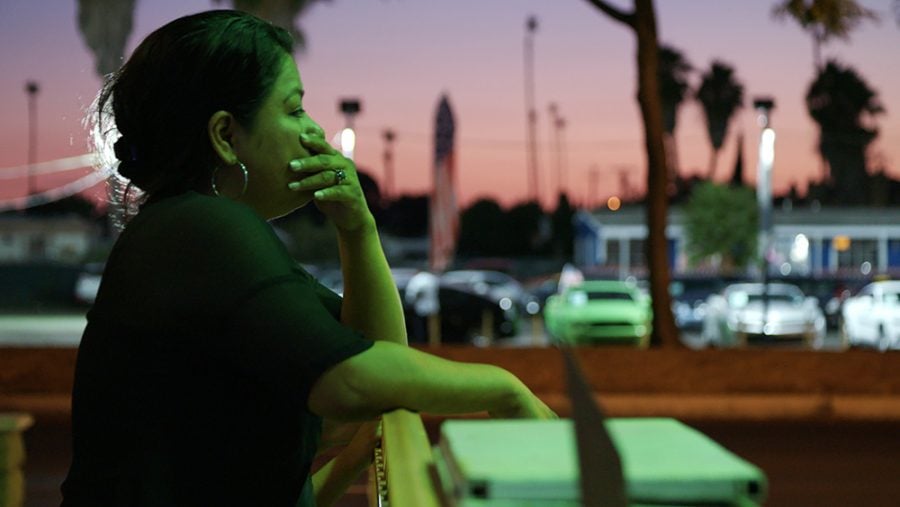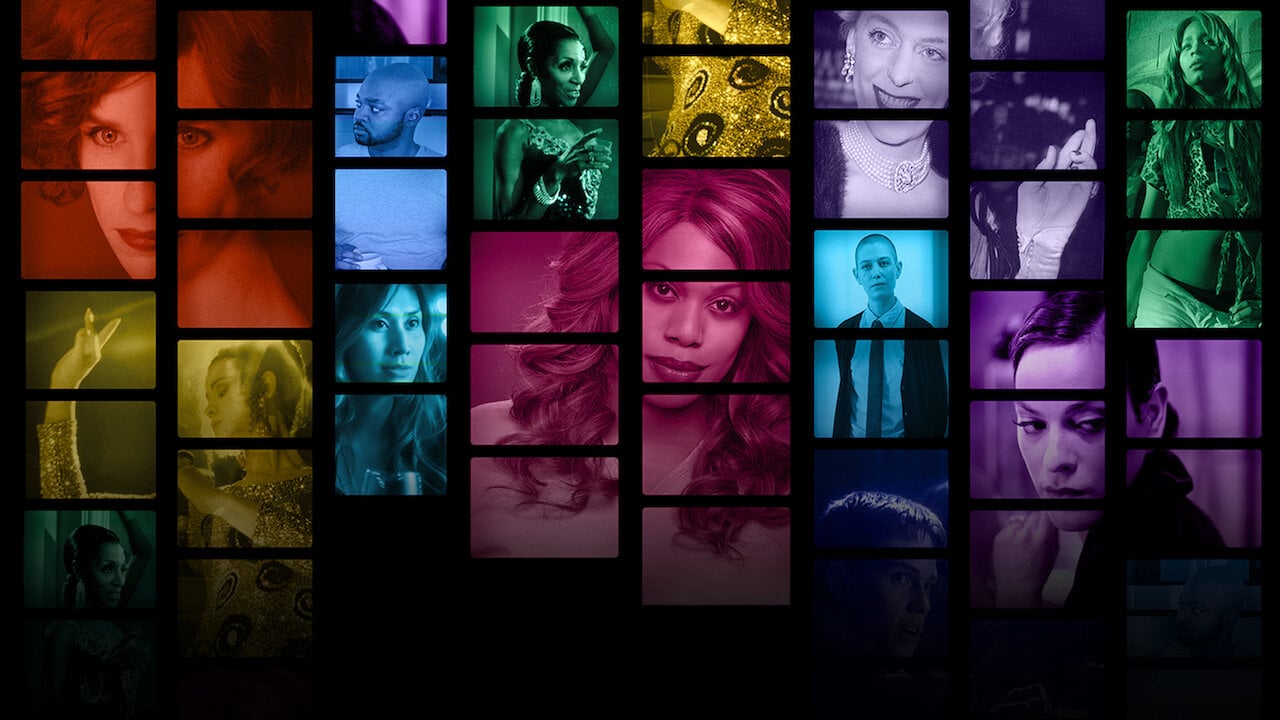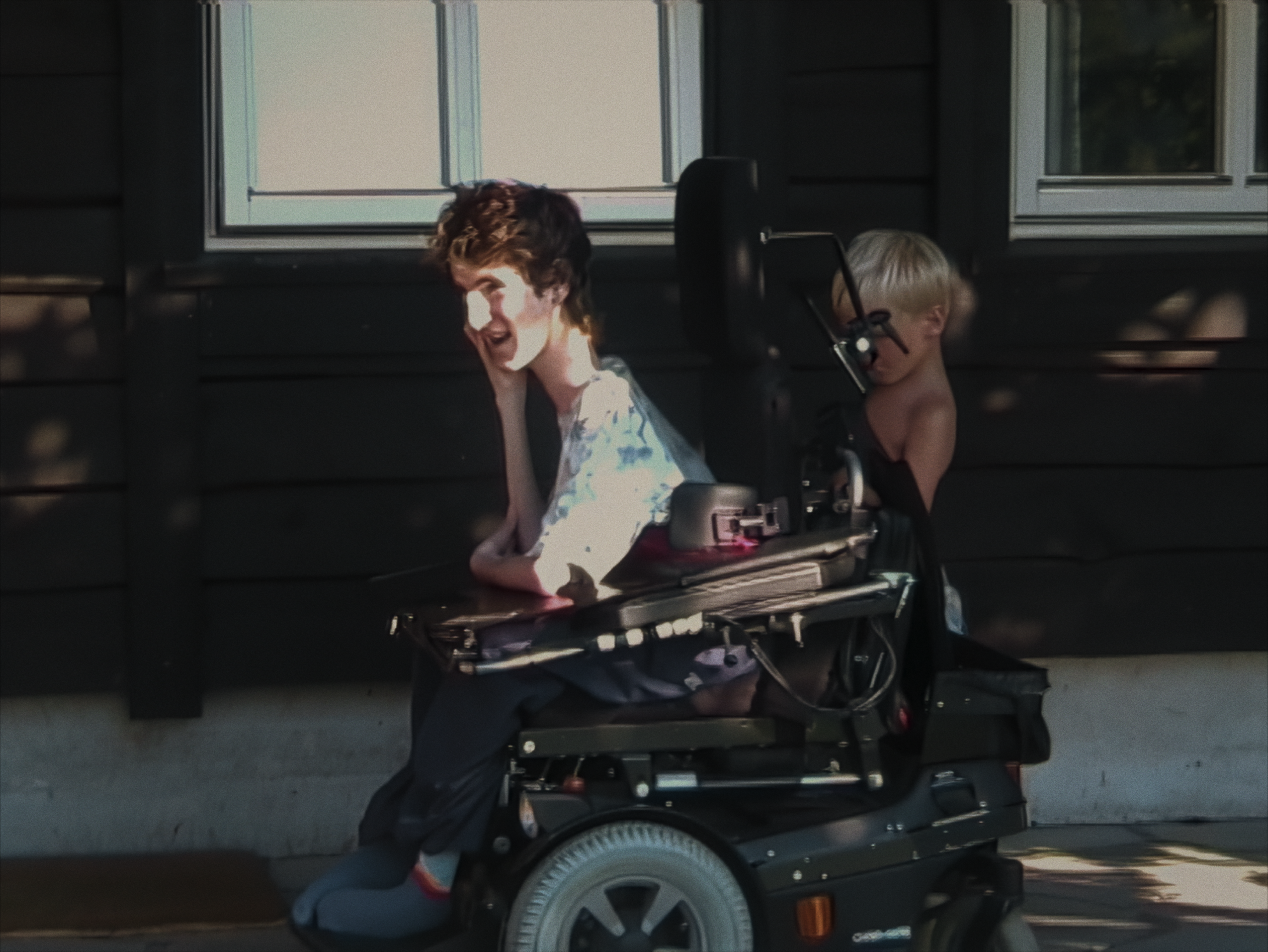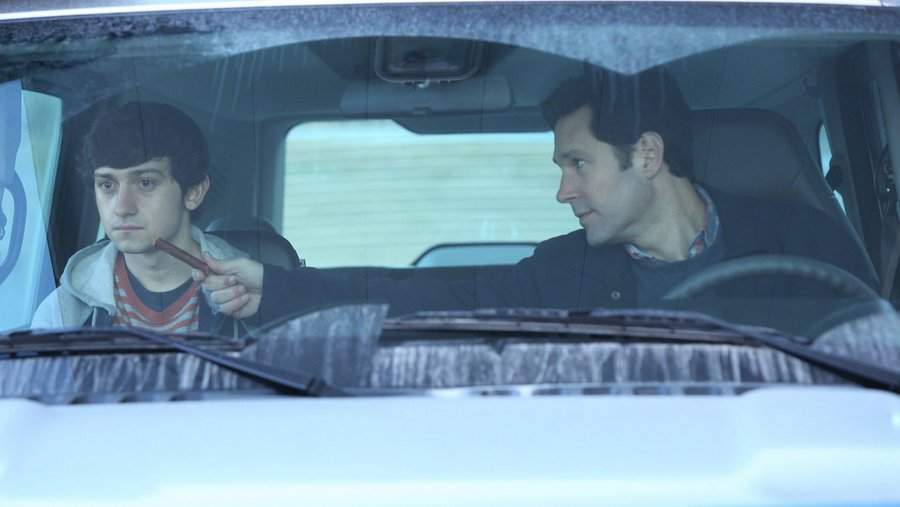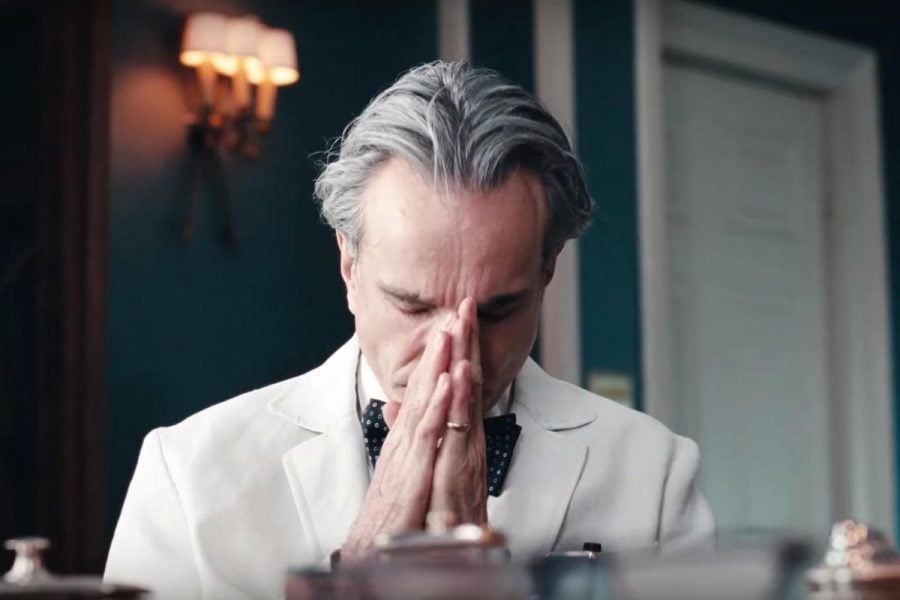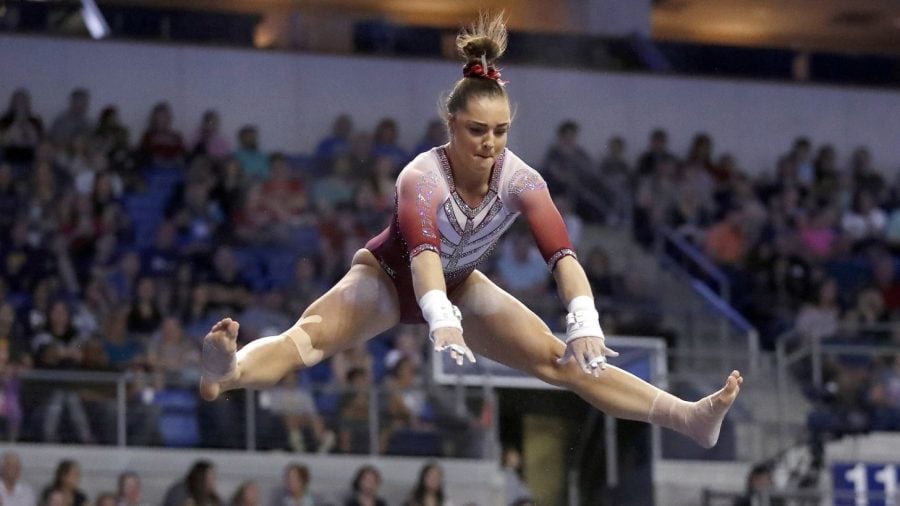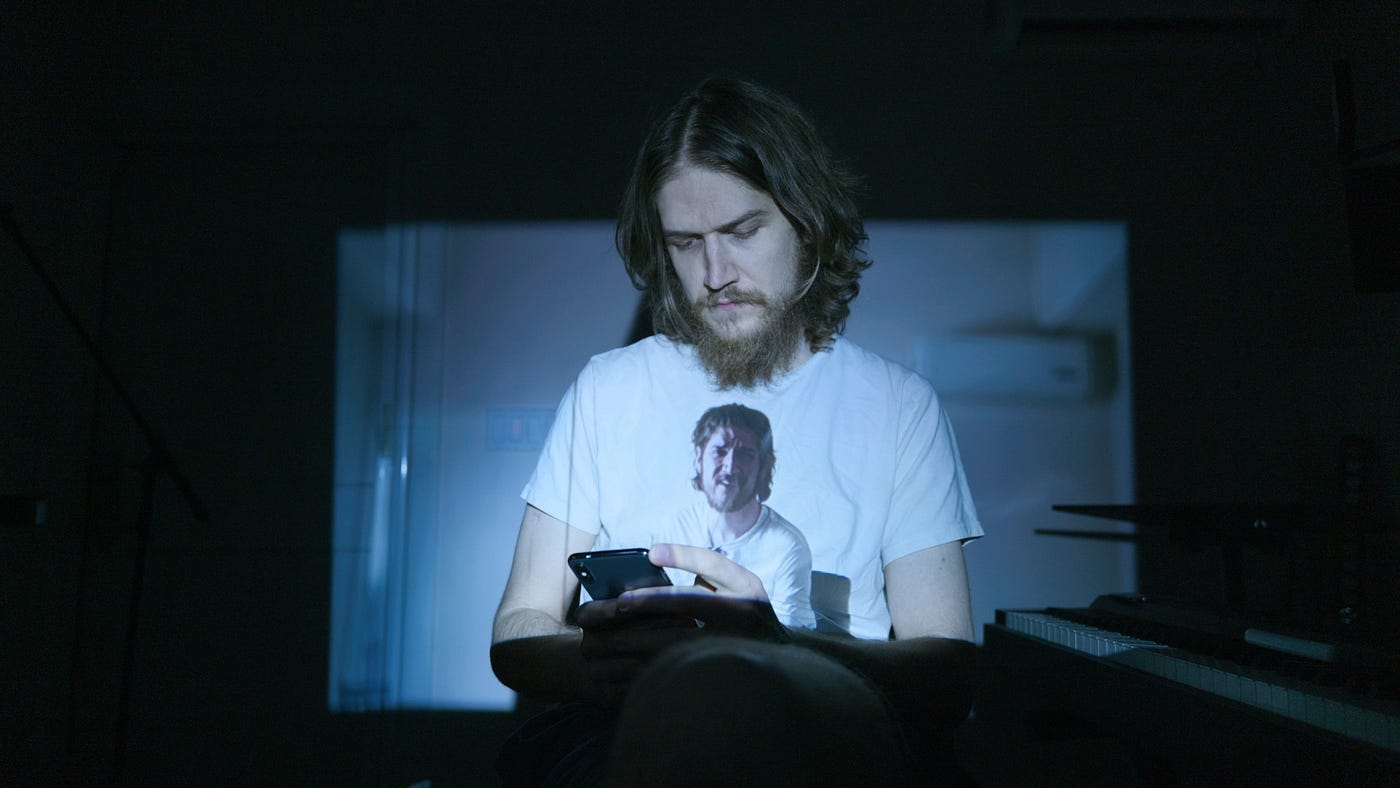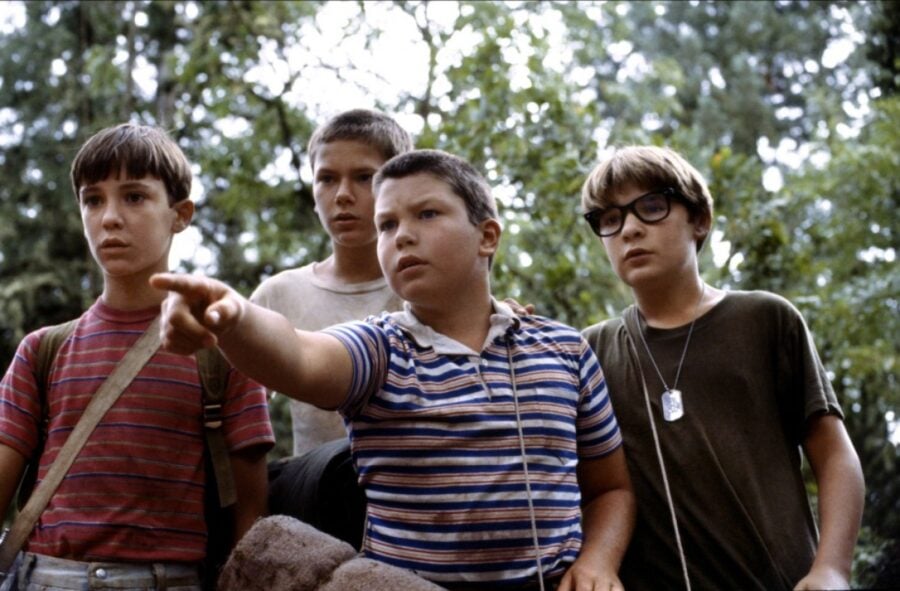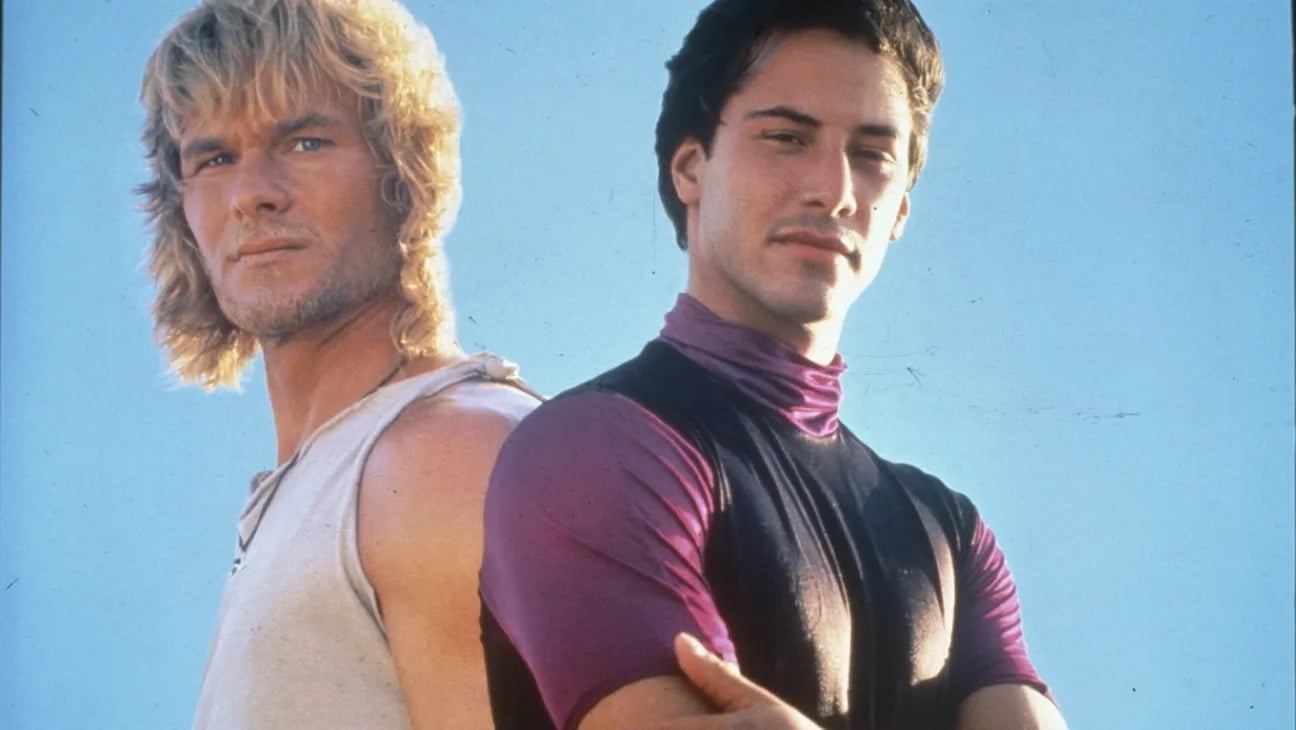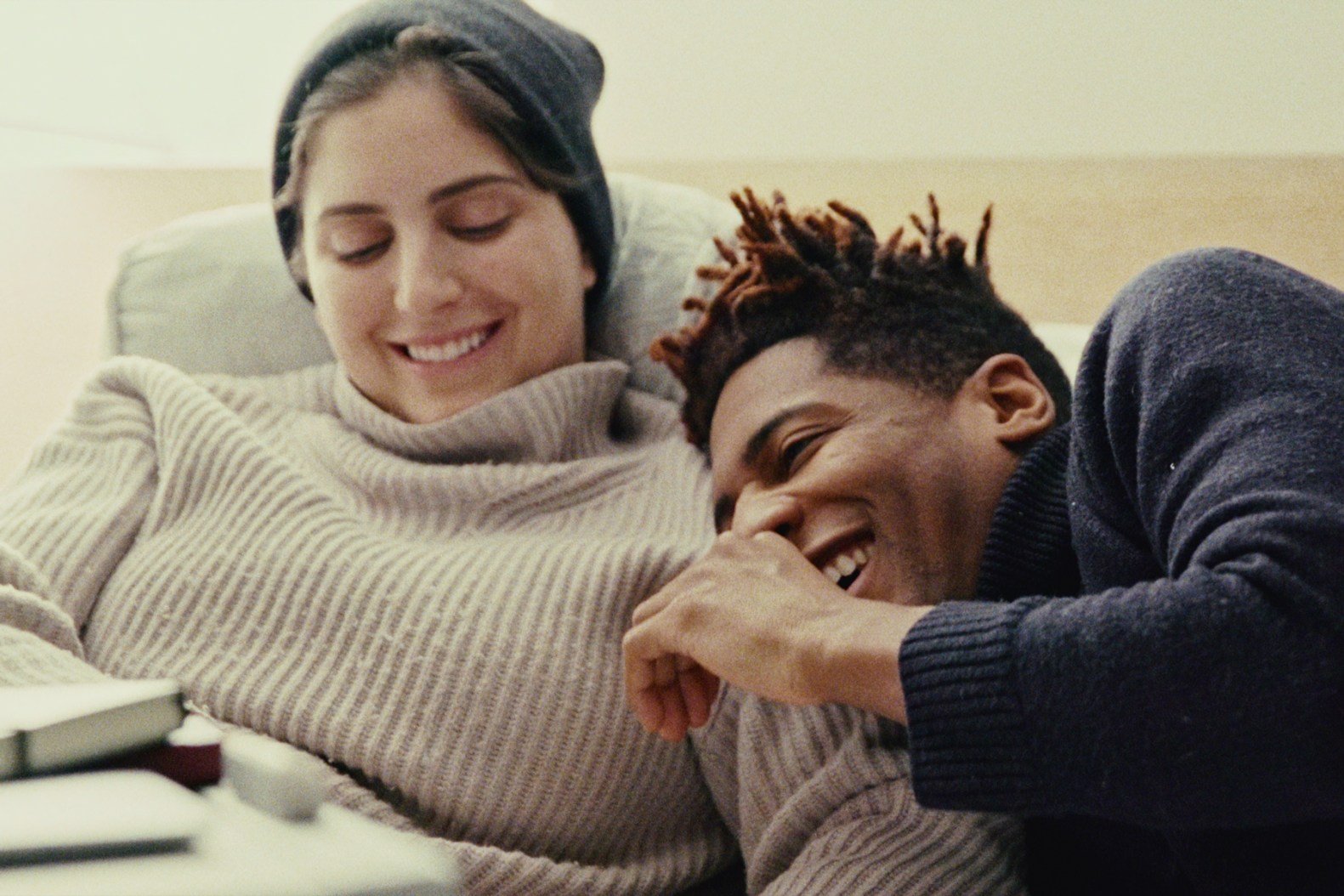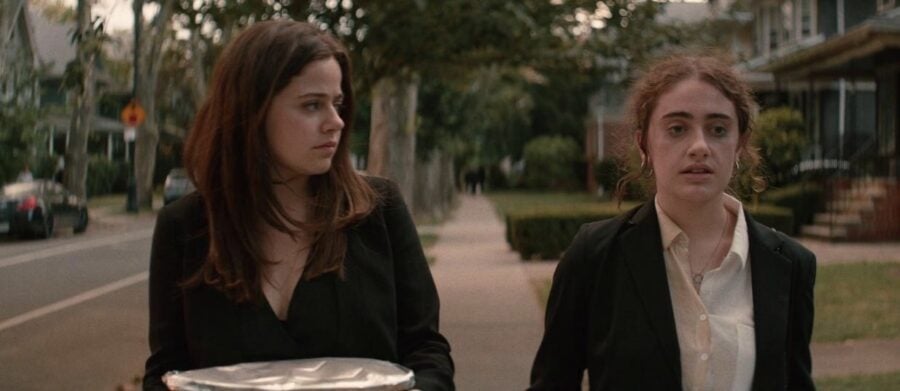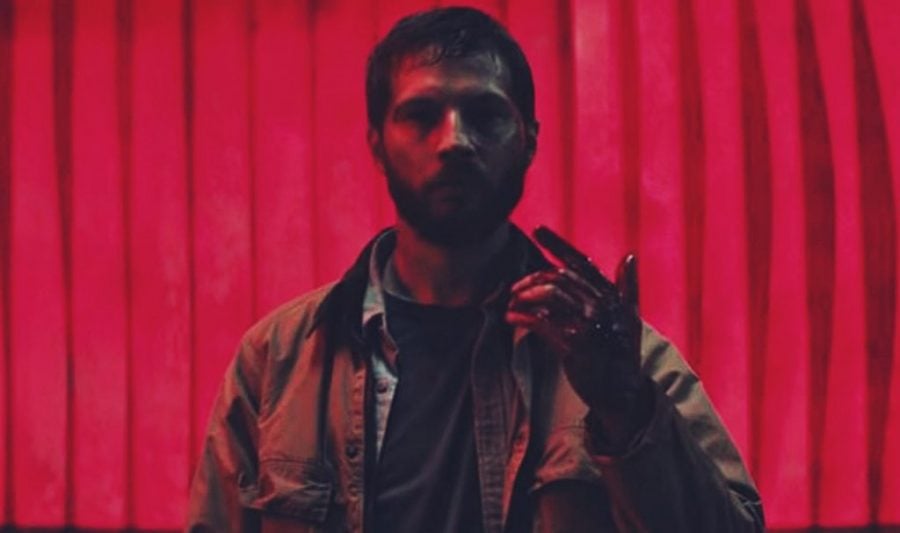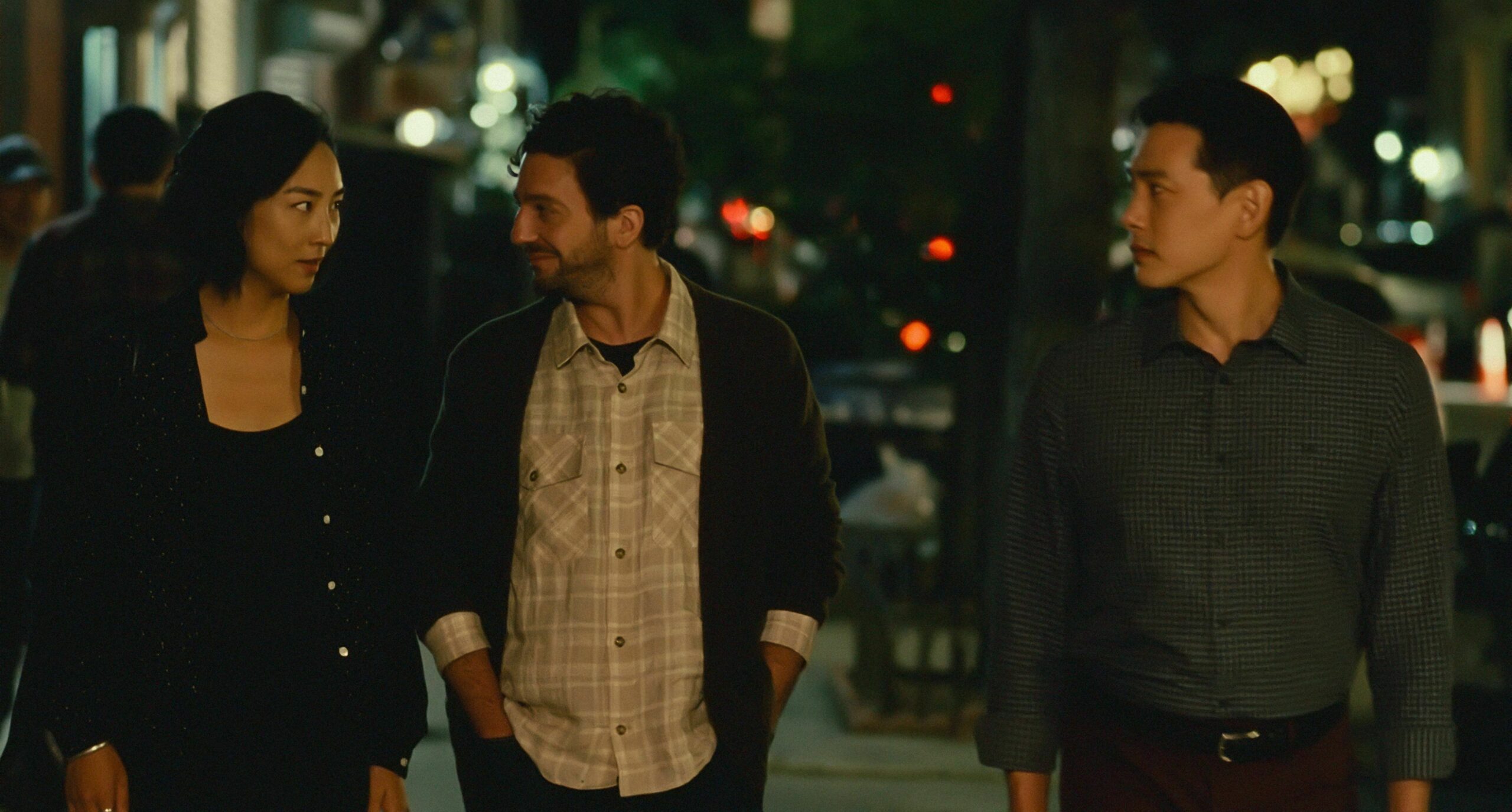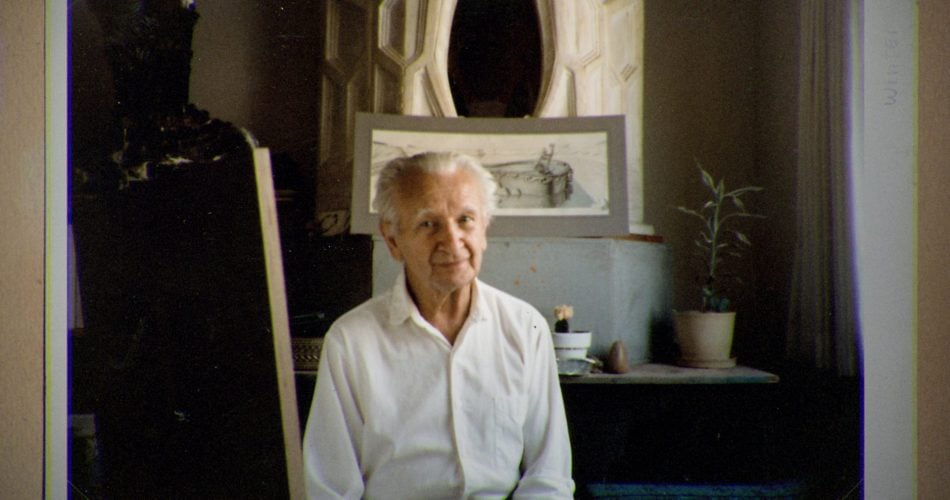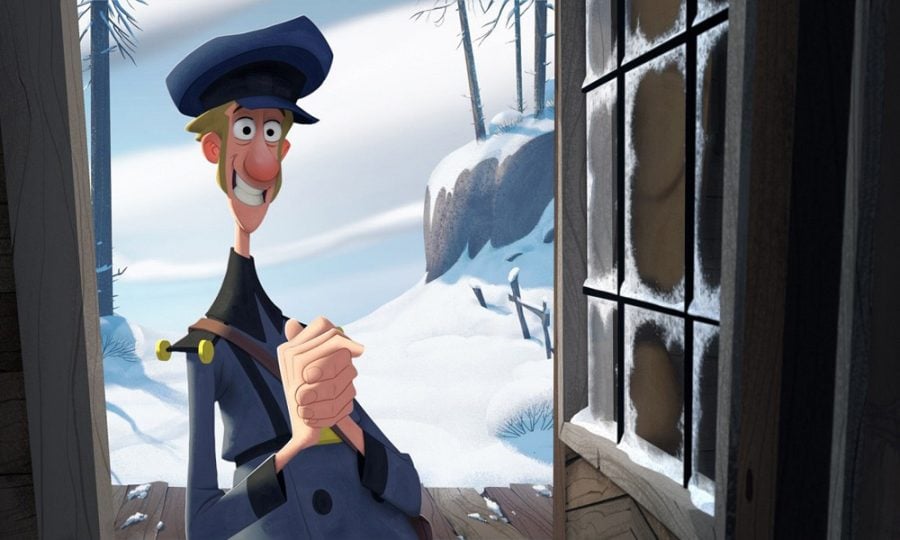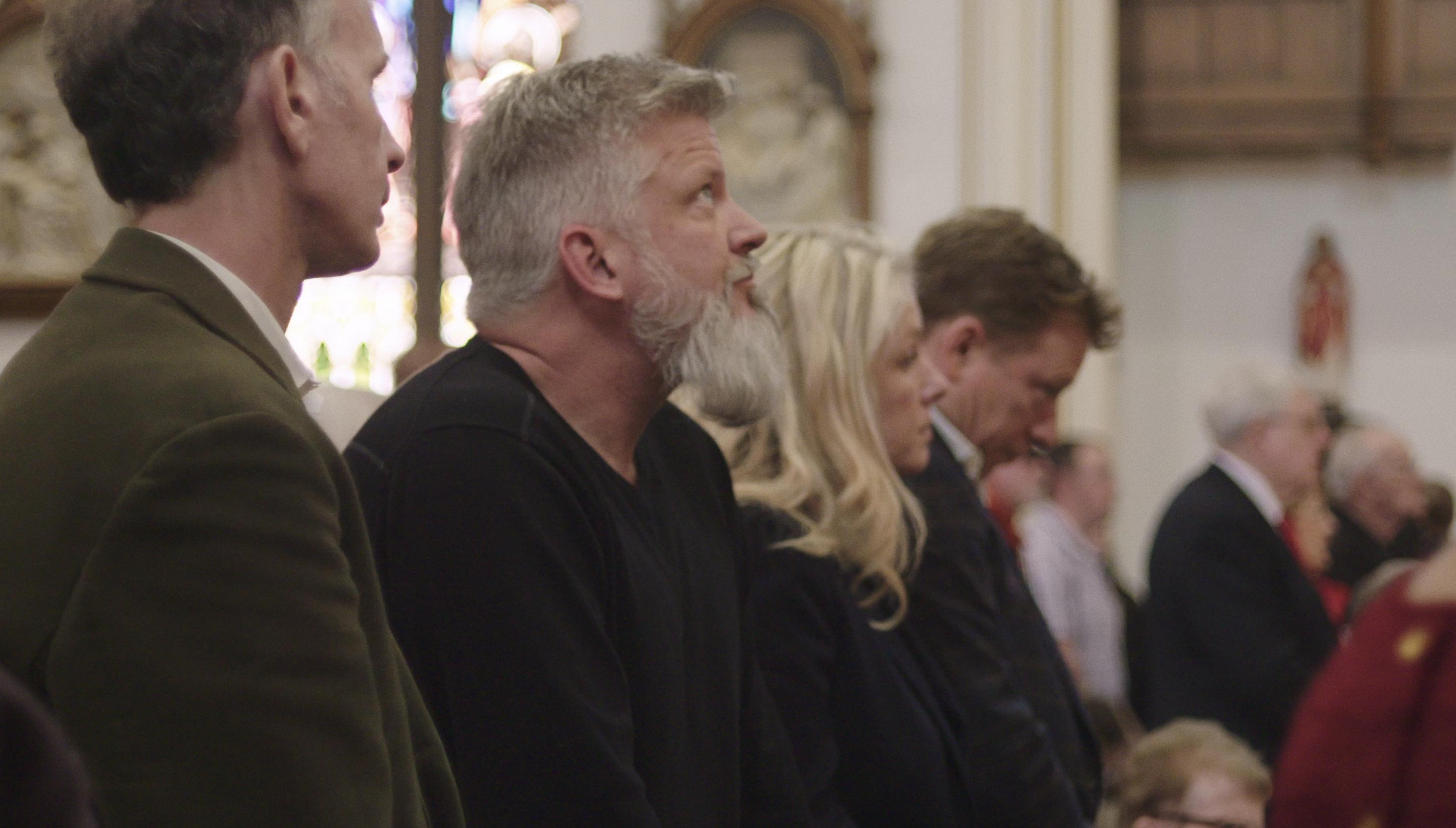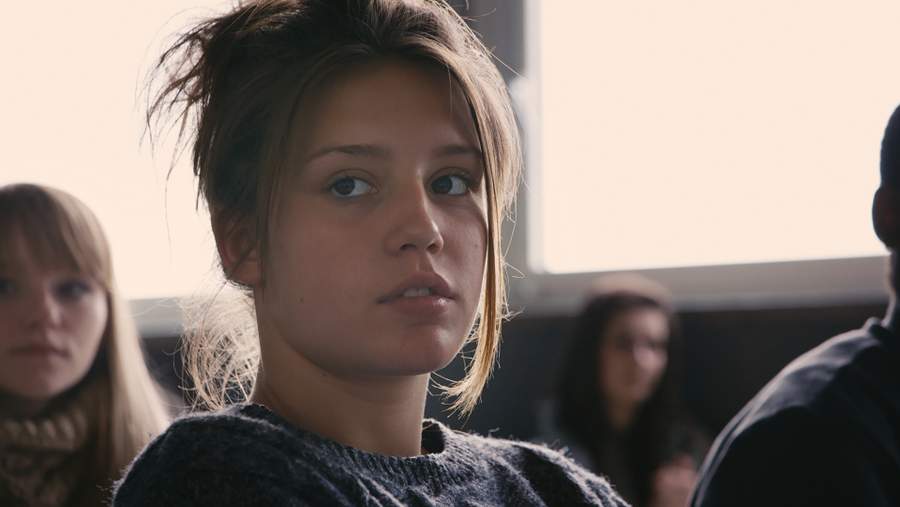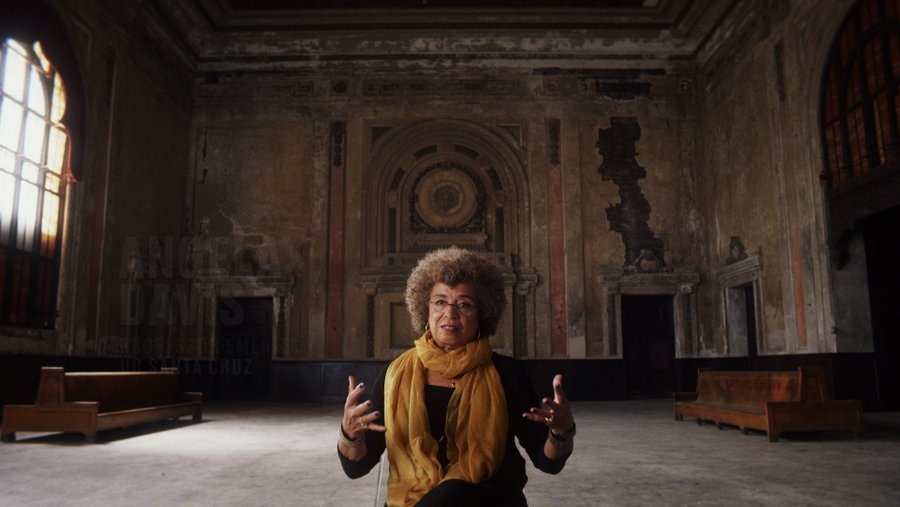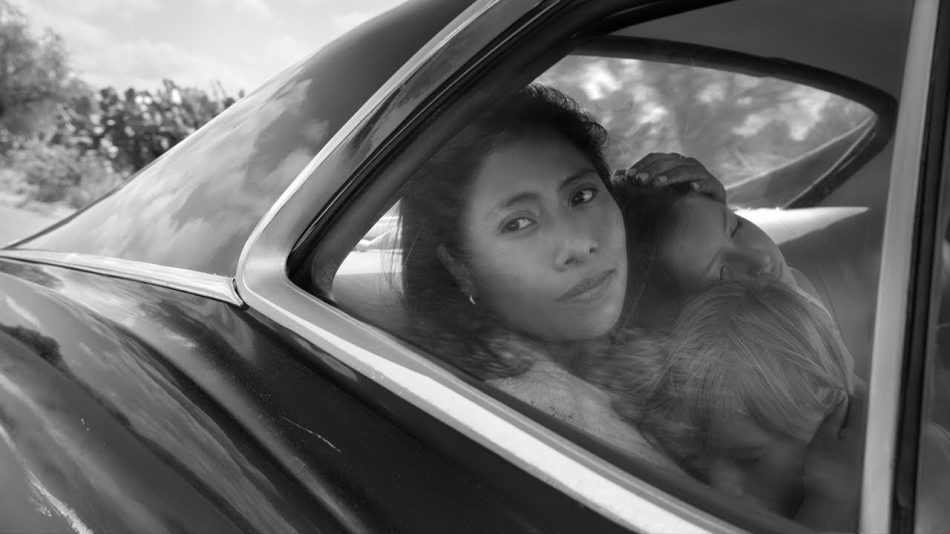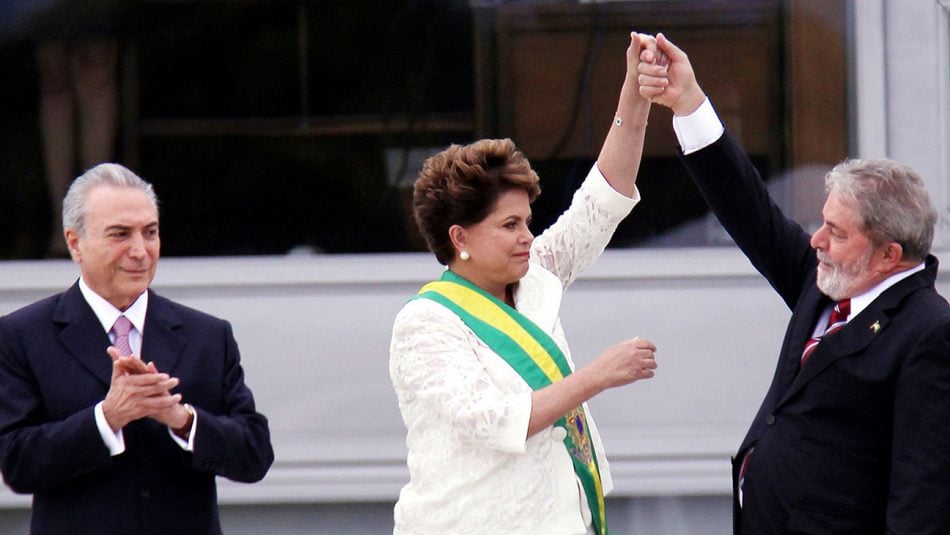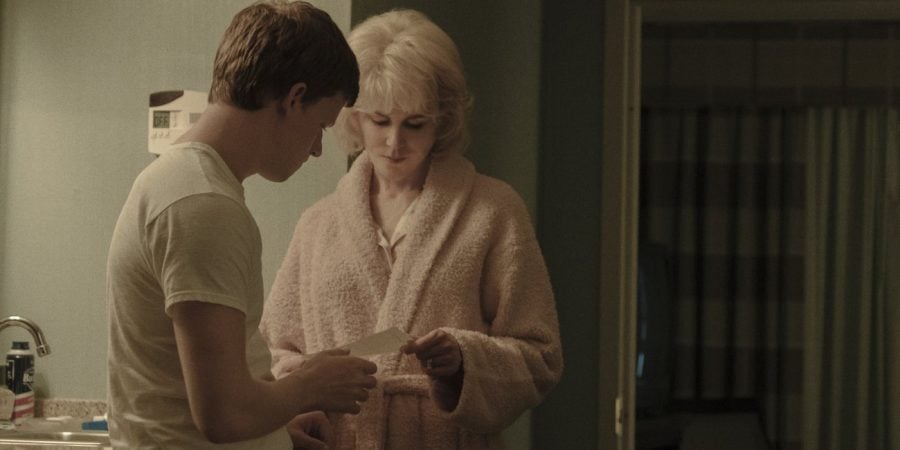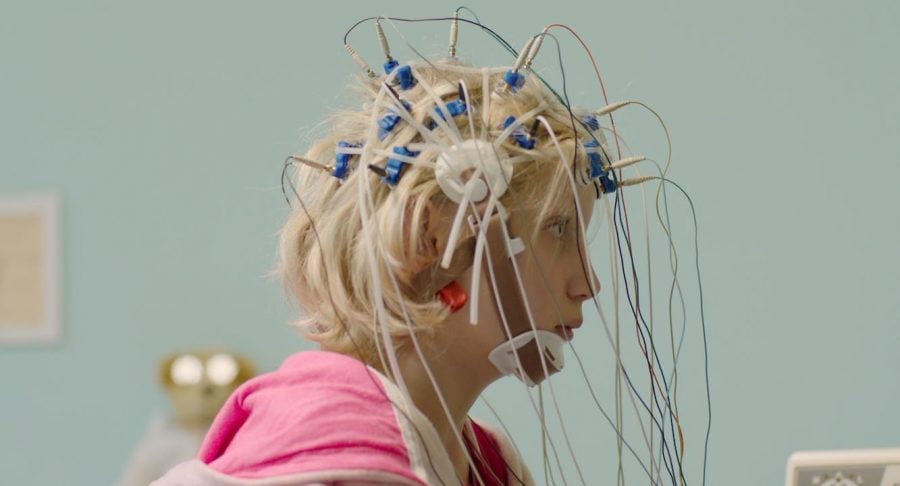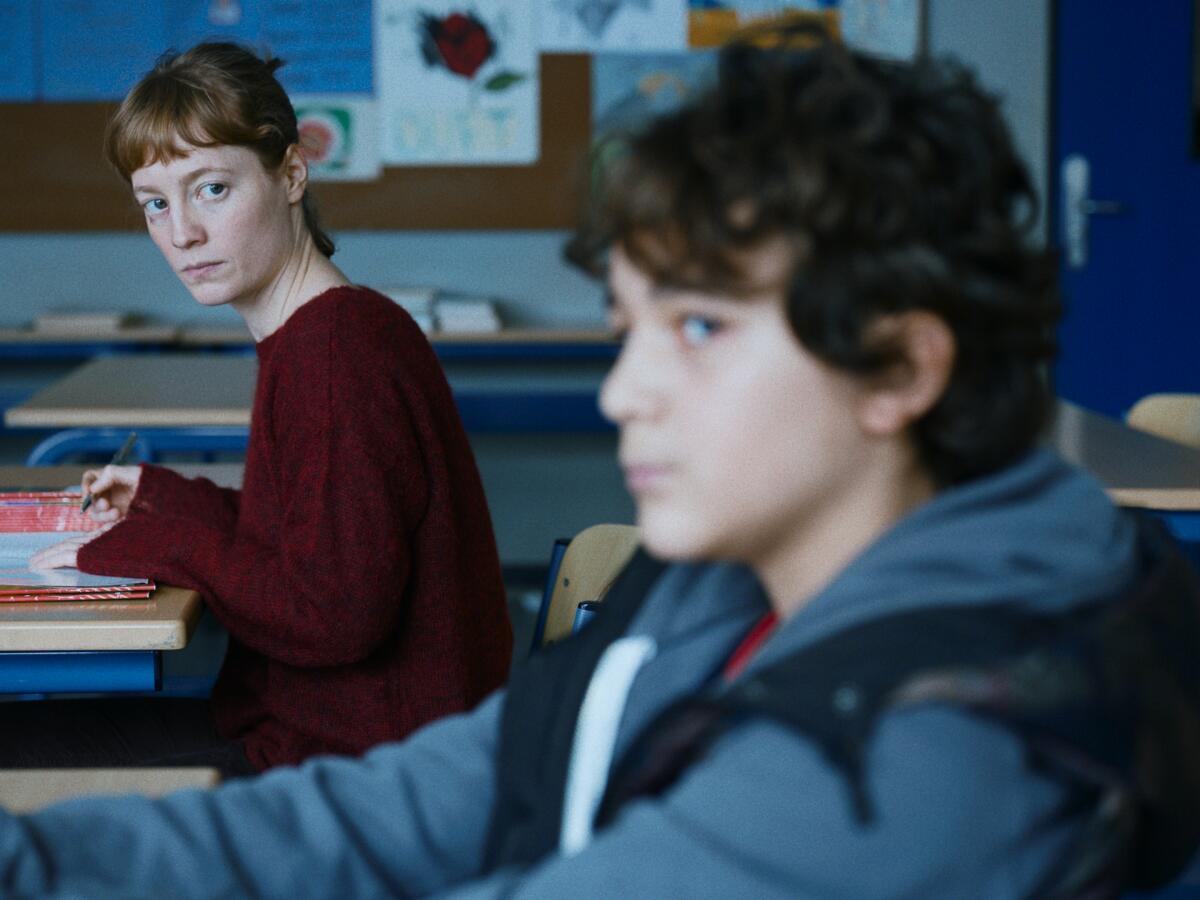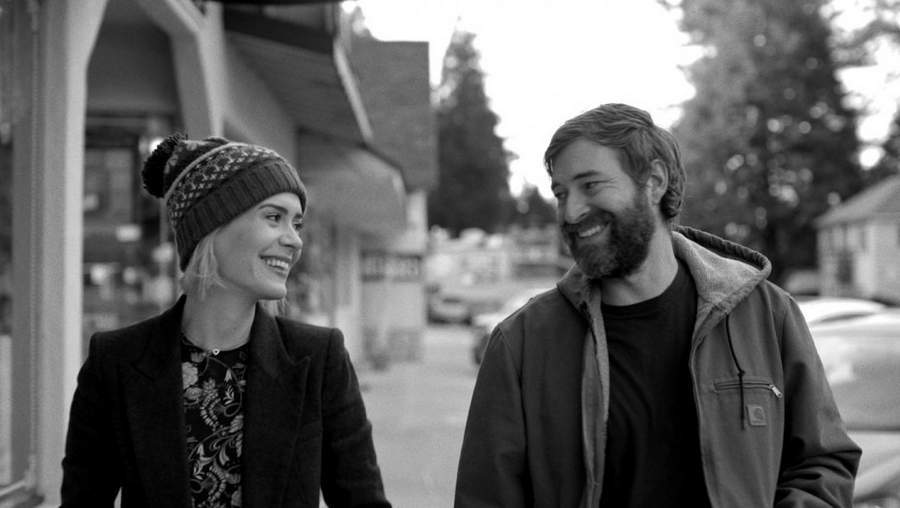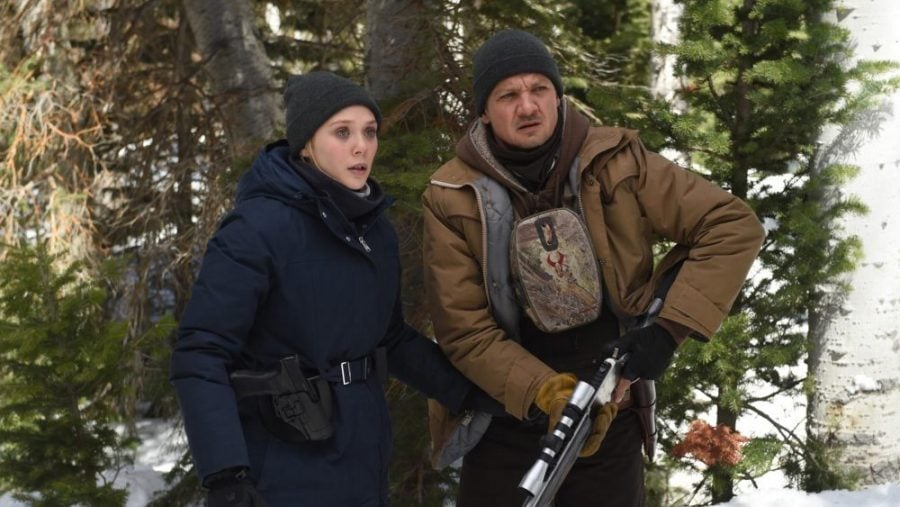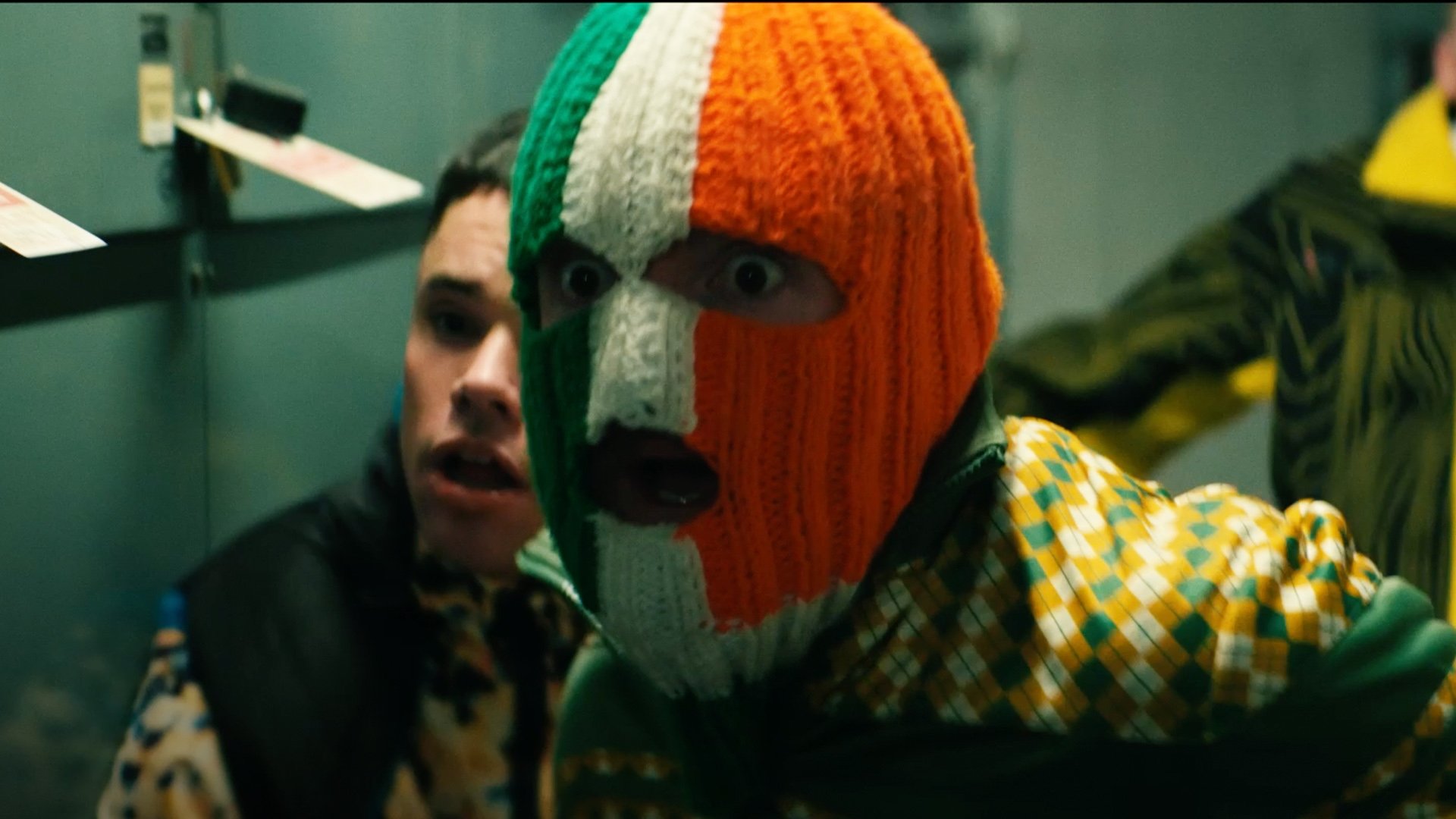50 Best Movies On Netflix You Haven’t Yet Seen
It is very easy to become lost in Netflix land and believe you’ve already seen everything worth watching. Rest assured, there is very little chance you have. For the second time we have curated a list of the best movie suggestions on Netflix: the best highly-rated, little-known titles available to stream. This is a list we update almost every week to adjust for new arrivals and expired titles.
agoodmovietowatch is your gateway to on-demand streaming services, but instead of recommending the same movies to you you’ve been hearing about for the past 20 years, we focus on the good ones that were overlooked. This way we introduce you to movies you haven’t yet seen, that you can watch immediately and love. To do this, we only recommend movies that have received a high rating from viewers combined with a high score from critics. This means that these movies have been appreciated by both, so you can trust that they’re awesome. We also only suggest movies that didn’t make a huge splash at the box office or which didn’t get the attention they deserved, so there is little chance you have already seen them. Below we count down again our best movie suggestions available to stream on Netflix Instant America. For other countries, visit agoodmovietowatch.com/netflix and use the region selector in the top bar to switch to your geography.
KPop Demon Hunters is adorable. The supernatural element adds an interesting twist to the familiar band plot, and writer-directors Maggie Kang and Chris Appelhans brilliantly depict K-pop fandom’s good and bad sides through demonic protection and possession. But it’s impressive how the film handles the storytelling, the music, and the animation. They all work in perfect sync, building upon each other to tell a story of self-acceptance in such a memorable way. Admittedly, the end can feel a bit rushed, and Rumi and Jinu take most of the spotlight. Nevertheless, KPop Demon Hunters is an unexpected delight, a love letter to the Korean Wave that took the world by storm.
The Siege of Jadotville is a different kind of war movie. It doesn’t recount famous battles or portray renowned heroes – instead, it’s about heroes and events that went completely unnoticed. Namely, the Irish 35 Battalion ‘A’ Company – a group of youngsters who are sent out on a U.N mission to the Congo. What was supposed to be a simple positioning quickly becomes one of the most sought-after locations and the battalion of 150 ‘war-virgins” find themselves up against 3000 mercenaries led by experienced French commandants. And what a tribute this film is: it’s well-paced, powerfully shot, and the acting, led by Jamie Dornan on one side and Guillaume Canet on the other, is absolutely perfect.
Director Bong Joon-ho (Snowpiercer) does something quite amazing with the $50 million budget Netflix gave him: he makes a simplistic movie. But man, is it good. Okja tells the story of a “super pig” experiment that sends genetically modified pigs to top farmers around the world. In Korea, a farmer’s granddaughter forms a special relationship with one of these super pigs (Okja). When the company who originally ran the experiment want their pig back (performances by Jake Gyllenhaal and Tilda Swinton) – the two find an ally in an animal advocacy group led by Jay (Paul Dano). This is a straightforward movie, but nevertheless it is entertaining and full of thought-provoking themes and performances from an excellent cast.
Don’t worry.
Adam Sandler doesn’t suck here.
This is a beautiful family comedy directed by Noah Baumbach (Frances Ha, The Squid and the Whale).
Sandler plays a recently divorced man (as he tends to do) called Danny (as he’s usually called). Danny moves in with his father, played by Dustin Hoffman, who himself is dealing with feelings of failure.
Both of them are joined by other members of the family, including Danny’s half-brother, played by Ben Stiller. Their family dynamics are portrayed in a beautiful and sometimes moving way. Director Baumbach proves he’s so good, he can make even Adam Sandler sound and look genuine.
Keira Knightley stars in this incredible true story of an Iraq War whistleblower who remains relatively little-known in the U.S. Katharine Gun was working for the communications office for the British government when she received a memo in the months leading to the war that showed that the U.S. requested illegal wiretapping assistance from the U.K. on U.N. diplomats. In a heroic act, she chooses to share this memo, hoping that it would stop her government (then led by Tony Blair) from going to war. Spoiler alert: didn’t happen, but this decision, which first seemed like a personal sacrifice, has severe implications on her family as the government finds out that she was behind the leak. A compelling political mystery of a case that deserves much more attention than it once got.
This new documentary is about the exact scale to which social media is harming us, as testified to by people from the industry: ex-executives at Google, Instagram, Facebook, and even the ex-President of Pinterest. All have left their companies for (incredibly valid) ethical concerns that they share here.
It’s a blend of interview footage and a fiction film that follows a family who feels more distant because of social media. This allows to see the implications of what the interviewees are saying in real life but quite frankly it also serves as a welcome break from the intensity of their words. How intense? One of them predicts civil war within 20 years.
Although Descendant is built around the finding of the Clotilda—the last ship to bring African slaves to the United States—this documentary knows that there’s so much more potent drama in the stories of the ordinary people of Africatown, Alabama. As this painful reminder of the roots of their community is salvaged from the water, their view of history itself begins to change. Now they face the responsibility of making sure that the Clotilda doesn’t just become a tourist attraction, and that their call for reparations unites the Mobile region of Alabama more than anything else. Its a gripping, complex documentary that feels like reading a great novel.
The Swimmers tells the true story of sisters Yusra and Sara Mardini (played by fellow sisters Nathalie and Manal Issa), Syrian swimmers trained to compete at the Olympics. When their athletic goals and overall safety are threatened by the increasing presence of war, the girls decide to take a chance and migrate to Europe, where they hope to live out their dreams and reunite with their family someday.
The Swimmers is a touching family drama that does right to center on the love and tension between the siblings. Yusra and Sara’s relationship perfectly encapsulates the envy and resentment but also the deep love and loyalty that are present in every sister bond. It’s tender in these moments, but it can also be equally searing—as a refugee drama, it chillingly tracks the complicated and inhumane processes of fleeing one’s country for a safer future.
As a crime thriller, Holy Spider is taut and terrifying, a modern noir that manages to unnerve despite the familiar moves it employs. The cat and mouse chase between serial killer and investigative reporter, for instance, is a classic tale, but that doesn’t make Holy Spider any less gripping. The film benefits from artful camerawork, considered acting (as the daring journalist Rahimi, Zar Amir Ebrahimi nabbed the Best Actress award at Cannes), and most of all a nuanced take on the situation in Iran.
Despite having a clear stance against violence and corruption, nothing in Holy Spider is black and white. Contradictions abound, and even when presented with brief moments of justice, we’re left scratching our heads looking for more. Such is the case when the system, and not just an individual, is the true pest.
Based on a true story, Darin J. Sallam’s controversial debut feature Farha is, at heart, a brutal coming-of-age film. Set in 1948, the film is about a girl who gets locked into her family’s storeroom at the start of the Nakba, the Palestinian Catastrophe. Sallam’s choice to limit most of the film’s perspective to that small storeroom is brilliant – in some ways, it echoes the surrounding discussion about the conflict. Most of what the world knows of Palestine is limited due to having to deal with censorship, lost records, and only hearing word-of-mouth stories from ancestors who just barely survived. But what we see is already too horrific to begin with. And what the film knows is the tragedy of losing your home – having to leave childhood, leave your dreams, and leave a vibrant and living culture in order to survive.
Frybread Face and Me is a little indie gem: though rough around the edges, it’s full of charm and heart. Drawn from its director’s own childhood experiences, the movie charts a formative moment in the life of Benny, a city boy of Navajo, Hopi, and Laguna Pueblo heritage who’s carted off to his grandmother’s ranch on a Navajo reservation for a summer. It’s suffused with all the specificity of real memories in a way that never distances us from it, only enfolding us closer into its nostalgic embrace. That effect largely comes from the tender bonds between Benny and his cousin Dawn (unsympathetically nicknamed Frybread Face and played by newcomer Charley Hogan), who acts as translator between him and their non-English-speaking grandmother (Sarah H. Natani, also a non-professional actor). Though he’s constantly berated by male family members for not being “masculine” enough, Benny finds unconditional acceptance from his grandmother and misfit camaraderie with Frybread, who also gives the film a dry comedic edge — a welcome touch in a usually saccharine genre. Ultimately, though, it’s the movie’s soft sweetness and intimate depths that are most distinctive: it’s so gently told, and with such genuine feeling behind it, that it’s impossible not to be swept away by its charms.
Paul Giamatti, man. Ever watched Win/Win? What a performance. I didn’t think he could do any better than that. But here he did.
This movie is now on Netflix. It’s about a couple that is trying to have a kid but can’t. Their frustration grows, but so does their willingness to do whatever it takes to become parents. They try to adopt, go to fertility clinics and ultimately ask their niece to donate her eggs. To really work, such a plot requires well-written, multifaceted characters one can relate to. I did, and it really worked.
From Aaron Sorkin, the creator of every liberal’s favorite 2000s political drama, The West Wing, The Social Network, and the master of the “walk and talk”, comes the dramatization of a sadly true American story from the mid-last century. In 1968, different groups from all over the country travelled to Chicago to protest the Vietnam War at the Democratic National Convention. The Chicago police greeted them in full riot gear, purposely attacking the peaceful protesters. Five months later, eight of them (charges against Black Panther leader Bobby Seale were dismissed) were arrested for inciting riot. As the title suggests, the film details the trials that followed, which highlight the still ongoing battles within American society and politics: racism, ineptness, corruption, complacency, you name it. On a lighter note, while you wouldn’t necessarily call this an ensemble cast, the number of unlikely familiar faces in this film is off the charts: Yahya Abdul-Mateen II, Sascha Baron Cohen, Joseph Gordon-Levitt, Eddie Redmayne. It also features some of the greatest supporting actors in American TV history like John Carrol Lynch, Frank Langella, and the amazing John Doman aka Bill Rawls from The Wire.
In a global movie industry of children’s entertainment that often feels like it isn’t even trying, this little Peruvian bear coming to England is a wonderful reminder that films aimed at younger audiences aren’t inherently limited. If anything, Paddington challenges itself to come up with a far more creative (and effective) way to talk about the lingering scars of colonialism manifesting as discrimination in everyday “civil” society. It sounds like heavy stuff, but Paddington approaches its fish-out-of-water story with the exact counterbalance of silliness, and a riotous cast that’s far funnier than anyone would have expected them to be.
There are three threads in Daughters that directors Natalie Rae and Angela Patton weave beautifully together. The first thread follows the incarcerated men who gather every week to talk about fatherhood, mostly, because of the program that they’re in, but also: masculinity, race, systemic poverty, social mobility, and the skewed prison system in America. The discussions are raw and enlightening. “This isn’t normal, that we’re all in here,” one of the men wisely says, and it feels special to witness that moment of shared empowerment. The second thread follows the daughters, whose ages range from 5 to 15. In line with the film’s honesty, it shows us girls who miss their fathers and girls who don’t; girls who know everything about them and those who can’t even remember their faces. One is oblivious, the other suicidal. This part is enlightening in a different way: you hope the kids are too young to realize what’s going on, but that’s almost never the case. The final thread is where the two others meet: it offers the most heartbreaking parts of the film, but also the most beautiful. Both parties dress up, take pictures, move on the dancefloor, and say their inevitable goodbyes, and all this is captured in the same darklit, grainy color as the film cameras the fathers and daughters are given to document the dance. The direction and editing is artistic, but never in a gratuitious way. Instead, like other parts of the film, it’s filled with gentleness and empathy.
Still Alice is a drama about a renowned linguistics professor (Julianne Moore) who slowly begins to lose words and find herself lost in familiar places, leading to an unexpected diagnosis of Early Onset Alzheimer’s Disease. Alice’s husband (Alec Baldwin) and three grown children subsequently struggle to maintain balance as her condition deteriorates, even as she steadfastly strives to maintain her self-composure. Interestingly, Alice uses her professional skills in communication to employ innovative ways to maintain her language and memory as well as possible, despite her ongoing decline. It’s a melancholy yet wonderfully touching film that feels thoroughly honest and real every step of the way. Julianne Moore is superb throughout—a role that earned her a well-deserved Best Actress Oscar for her performance.
There are three big reasons to watch Paddleton. The first two are Ray Romano and Mark Duplass, who play the two neighbors at the center of the story. And the third is Alexandre Lehmann, the director, who also is responsible for Blue Jay (on Netflix as well).
These two misfit neighbors find themselves together when one of them is diagnosed with cancer. They embark on a trip to the nearest pharmacy (a six-hour drive) which turns into an adventure.
This premise gives Paddleton a lot to play on: it’s a comedy, but it’s also a drama about a fatal disease. It’s a bromance, but it’s about a fragile friendship. All these contradictions make Paddleton a great slice-of-life movie. And again, both actors are amazing. Watching it just for them is worth it.
This documentary starts with Alex Lewis, who gets into a motorcycle accident and wakes up in the hospital not knowing who he is. He doesn’t remember anything (not even what a bicycle or a TV is, or who his mother or father are), but he remembers his twin brother, Marcus. When Alex gets back into his childhood home, he’s full of questions, and Marcus is full of answers. However, slowly, Marcus realizes his power to reshape Alex’s version of their past. Marcus leaves one important detail from Alex’s life that makes this documentary (as if it wasn’t already) such an insane story. I know I said it’s a sad movie, but it’s also fascinating and, ultimately, humanizing of the brothers’ experience.
This fun comedy-drama is about a New York playwright called Radha who never hit big. When she turns 40, she decides to reinvent herself as RadhaMUSPrime, a rapper.
And it’s all a personal affair: Radha Blank plays the main character (named after herself) and is also the writer, director, and producer.
The story is about rap and theater, but being so connected to reality, it feels like it’s about Blank making the movie itself. Its very existence feels like a triumph against the pressure of age, the misunderstanding of others, and the weight of unreached goals.
This insightful and uplifting documentary is about a growing movement within indigenous communities: obtaining food sovereignty by going back to pre-genocide ways of cultivating food.
The violent changes that have affected indigenous communities don’t impact just the people, but also the animals, the fish, and the land. All of these are now bearing the brunt of climate change.
Historically, North American governments forbid Native people from fishing and cultivating their foods as a way to repress them and create dependency. Gather is as much a recognition of the damage that was done as it is a forward-looking vision about how these communities are taking control of their faiths.
Not everybody holds a good relationship with their sisters, but ideally, we get to reunite and repair things in a good time. Unfortunately, for some families, the only time they reunite is due to a parent nearly dying. This is the case in His Three Daughters, where the three sisters meet after years living apart. It’s a common plotline, mostly depicted in the feel-good, family friendly variation, but writer-director Azazel Jacobs makes the three sisters distinct by taking the easy assumptions many people would make about them, and naturally push them to reveal the opposite. Carrie Coon, Natasha Lyonne, and Elizabeth Olsen form a great trio, delivering equally excellent performances under the same roof.
Beautiful in its painterly compositions and gut-wrenching in its storytelling, The Wild Robot has been dubbed one of the best animated features in a while, and rightly so. The film, which is a bit like if Tarzan were a robot, or if Stitch had to assimilate in the wild instead of the city, is a classic tale of an outsider learning to love and be accepted by her community. It’s about many other things, too, like the violence of nature, the supreme power of kindness, and the complexities of parenthood (it’s deeply humanistic for a film that features almost no humans at all). But for all the themes it tackles and the colorful multitude of characters it covers, it feels incredibly light and easy to watch. Perhaps that’s due to its hand-drawn aesthetics, which recall Studio Ghibli films more than anything, and to the voices who bring the characters to life, most notably that of Lupita Nyong’o, who gives the robot Roz so much warmth and depth despite her electronic limitations. All these and more make Wild Robot a must-watch, if not an instant classic.
The 400 billion (!) dollar industry of medical devices is director Kirby Dick’s latest fascination (Oscar winner Twist of Faith, Oscar nominated The Invisible War). This is one of those documentaries that will raise your awareness about a topic from 0 to I-should-do-something, as the number of victims and the negative impacts these devices are having are astounding. Of course, just like with any other careless American industries, greed, money, and lobbying are the culprits. This is an important watch that will probably come in very handy when you or a close one needs a medical device.
Disclosure is a patient and articulate study of the ways movies have physically conditioned us to respond to certain expressions of queerness with fear, disgust, or laughter. But it also serves as a reminder that trans bodies have been represented on screen for as long as movies have existed—making it all the more unacceptable that we still often only see reductive and harmful stereotypes of trans people over 100 years since the birth of cinema. However, Disclosure is far from a “takedown” designed to make viewers feel bad. At the end of it all this remains a celebration film’s power to dignify perspectives we rarely get to see through, and it’s one of the nerdiest and most passionate trips through film history you could hope to have.
In the first twenty minutes, The Remarkable Life of Ibelin seemed to be quite unremarkable, with the usual way a biographical documentary would go, that is, loved ones waxing poetic about how great the dead person was in life. But the documentary takes this to introduce Ibelin the same way his parents discovered the online life Mats Steen lived. It’s a unique documentary, mixing in the usual home videos with the animated gameplay of the archived life Steen lived in Ibelin, but it’s grounded by, and somewhat co-created through the words Steen himself typed about his life as a disabled man, and the game history he shared with the community he formed online. The Remarkable Life of Ibelin ends up being quite a remarkable depiction of living online, that feels much more honest, human, and creative than the condescending or cautious narratives we’ve previously heard about the online world.
The Fundamentals of Caring is an offbeat comedy/drama starring Paul Rudd as a man attempting to overcome his looming divorce by becoming the caretaker for a teenager with muscular dystrophy (Craig Roberts, Submarine). The two develop an unconventional relationship based largely on sarcasm and profanity, delivering many laugh-out-loud moments, while also slowly exposing the pain each is carrying inside.
Together, at Ben’s urging, they embark on a road trip across the western United States for Craig to see the world. It’s somewhat formulaic but fun and touching road movie that covers much familiar ground, but also offers a fine illustration of caregiving, personal growth, and emotional healing. Paul Rudd is as good ever, and Roberts is utterly superb. One of the best movies on the Netflix Originals catalog, and an undeniable winner, all-in-all.
A flawless Daniel Day‑Lewis stars in this thought-provoking romance. He plays a successful dressmaker in post-second-World-War London who falls for a waitress while on an excursion to the countryside. It’s hard to tell you what this movie is about without ruining the story for you but I can tell you how it made me feel: it kept me guessing the whole time. Day-Lewis’ character is so masterfully played that I felt that every move he made was calculated and that every line meant something. Plus, expect stunning dresses, beautiful country-side sequences, and an all-around gorgeous aesthetic experience.
This groundbreaking documentary follows the USA Olympics sexual abuse case that made headlines in 2015. Through interviews with Olympians, their families, and investigative reporters, it’s also a documentary on the overall culture of abuse in gymnastics: sexual, physical, and emotional.
In one scene from the 1996 Olympics, gold medalist Kerri Strug has to run, vault, and land – all with a severe foot injury that was covered up by her coaches. She does this twice, limping between attempts and crawling off the mat on the second, crying. Meanwhile, her family, her coaches, the spectators – the World – is celebrating.
When she’s carried off, it’s Larry Nassar, the pedophile at the center of the documentary, who carries her.
Athlete A is groundbreaking exactly because it illustrates that the problem is not only with one doctor, or the 54 coaches who were also found guilty of sexual abuse, or the morally bankrupt leadership of USA Gymastics; it’s also about what went so wrong with society to see the abuse of young girls as cause for celebration.
A healthy mix of despair and self-deprecation has always been Bo Burnham’s signature, but Inside takes it to the next level. It’s a deconstructed film, rather than a simple one-night special; a one-man-show that constantly undercuts itself. Even more so, it sabotages its own immersive qualities and explores the depths of self-loathing by turning oneself into comedy material. Some may say, it’s a classic move, but the pandemic reality and Burnham’s unkempt look predispose us to embrace all the cringe (YouTube reactions), quirkiness, (the sock puppet), and frightening angst (suicide jokes) he puts forward. Emotional rawness and a polished DIY look fits the Netflix bill, but as far as the content goes, this one goes straight to the world heritage lockdown archives.
Stand By Me follows four young friends as they journey around their small town searching for a rumored dead body. On the surface, it moves like an adventure story. The boys narrowly avoid guard dogs and leeches, speeding trains and tough teen gangs. But along the way, they also learn much about each other, in particular about the stark reality of their home lives and the growing depths of their inner struggles, so that beneath all the small-time thrill is a beating coming-of-age story.
Based on a novella by horror master Stephen King, Stand By Me is terrifying in its ability to evoke the unique thorniness of passing through the gates of adulthood, but also warm and comforting in its reminder of the universality of this feeling.
Kathryn Bigelow has a knack for action-packed scenes without compromising on the affective qualities of film style. It is precisely this combination that makes her a rare gem in American cinema, where the values of entertainment soar high. Point Break is one such example of controlled chaos, impeccable framing, and a convincing use of fast-paced editing to really get you as close to the action as possible. But what gives the film its flavour is how developed and synced the characters are and the Reeves-Swayze duo here belongs in the pantheon of equally hot frenemies, providing an apt, but subtle comment on the dangers of toxic masculinity.
Art is a hobby for most people, but for musician Jon Batiste and writer Suleika Jaouad, art is part and parcel of this thing called life. Of course, it’s part of their work, and it’s how they make a livelihood, but it’s more than that– it’s almost a spiritual ritual they cling to, especially when Jaouad finds out that her leukemia has returned. American Symphony mainly depicts the creation of said orchestral work, but director Matthew Heineman translates the symphony into cinematic form, culminating in a performance played over the intimate moments between Batiste and Jaouad. It’s not just a documentary of a performance, but a documentary about art, about creation despite life’s pains, perhaps to survive life’s pains. It’s a powerful work that makes it easy to believe in art as imperative for life, and vice versa.
A young bisexual woman attends a shiva, caught between her parents and their expectations, her ex, and her sugar daddy. Rachel Sennott’s Danielle is yet to find her path in life and everyone is determined to remind her of that. Taking place almost entirely in real-time, the film’s sharp wit is contrasted with constant anxiety, complemented by Ariel Marx’s horror-like score, full of discordant pizzicato that sounds like every last bit of sanity snapping.
It’s a sex-positive take on 20-something life, treating bisexuality as wholly unremarkable and passing no judgment on Danielle’s sugar daddy income. Its specificities about Jewish customs and traditions are non-exclusionary, while its social claustrophobia is achingly universal. It’s comforting in the way it portrays the social horrors we all face, the feeling that everyone but you has life figured out, and that – ultimately – those who matter will pull through, eventually. One of 2021’s best.
Donnie Darko is a cult film by director Richard Kelly, starring Jake Gyllenhaal. It’s about the troubled teenager Donnie who lives in a suburb and suddenly faces a person in a giant rabbit costume who tells him that the world is going to end in 28 days. If that didn’t make sense to you, don’t worry – it’s not about making sense. The film is a gorgeous exploration of a bizarre chain of events, a deep rabbit-hole of meaning and expression, fate and acceptance that practically begs for a second, third, or fourth watching.
This film really satisfied my craving for an original thriller, despite the fact that I spent most of it thinking about how Logan Marshall-Green looks like a budget Tom Hardy.
He plays a guy whose wife is killed during a violent mugging that also leaves him paralyzed in the aftermath. When a billionaire approaches him with an Artificial Intelligence solution that would “upgrade” his body, he has a chance to take vengeance.
This is Robocop meets Ex Machina meets Blade Runner. It’s original, low-budget without feeling low-budget, and honestly just so thrilling. It gives the genre of sci-fi a much needed upgrade.
The concepts of roads not taken and domino effects have received plenty of cinematic attention in their showier forms by way of multiverse comic book movies and dimension-hopping films like Everything Everywhere All At Once. But, though there’s no hint of sci-fi in Past Lives, Celine Song’s gentle film can count itself as one of the best treatments of that universe-spawning question: “what if?”
When her family moves from Seoul to Canada, teenage Na Young bids a loaded farewell to classmate Hae Sung and changes her name to Nora. Years later, they reconnect online and discover the spark still burns between them. This is no idealistic romance, though: Past Lives is told with sober candor. Song acknowledges real obstacles standing in the way of a relationship between the two — those pragmatic (distance) and, more painfully, personal (evolving personalities, American husbands).
Those two threads — unrealized romance and the transmutation of identity that so often takes place after migrating — are expertly entwined in Past Lives to produce a sublime, aching meditation on memory and time, practical love and idealistic romance, and all the complex contradictions that exist in between. That Song communicates so much and so delicately in only her first film makes Past Lives all the more stunning.
This is an amazing documentary but be warned, the main character has some weird characteristics.
By coincidence, an art collector stumbles upon an undiscovered collection of sculptures and paintings that can only be described as the work of a genius. There was almost no reference to the artist, but upon research the collector finds that they are by a man called Stanislav Szukalski. He traces him down and finally locates him living anonymously in a California suburb.
The documentary, Struggle: The Life And Lost Art Of Szukalski, is a collection of tapes from numerous interviews in the 1980s between the collector and Szukalski. He was helped by George DiCaprio, who would later produce this movie with his son Leonardo (!).
In these interviews it becomes clear that Szukalski is pure genius. The funny thing is that he seemed to be well aware of this fact himself.
Remember the weird characteristics I mentioned in that first sentence? Here we go. Szukalski’s past is full of a lot of antisemitism, sexism and bigotry.
The question that lingers is how exactly can this forgotten-genius story be reshaped by the discovery of his twisted opinions. Can the artist be separated from the art? It’s a personal matter for the people who found Szukalski and later made this movie. It might never get as personal for you, but this movie will sure try to provoke an answer.
Shot by Sergio Pablos, a weathered animation film creator, here’s a future holiday classic to be reckoned with. Klaus is a beautifully old-school-looking, 90s Disney-style animation movie about the origin story of the world’s most beloved toymaker, Santa Klaus. Dispatched to a bleak arctic town, because he really wasn’t very good at his job at all, mailman Jesper stumbles upon the now-famous Klaus, making an acquaintance that will change the town forever, and, with it, the way Christmas is celebrated around the world. In addition to its homely warmth, funny moments, and nostalgic hand-drawn animation style, you will recognize many famous voice-overs in this festive family film, including the always amazing J.K. Simmons, Rashida Jones, and Jason Schwartzman, to name a few.
Difficult but essential viewing, Procession tracks the progress of six men undergoing art therapy—specifically, by creating short filmed scenes to process their trauma from being sexually abused by Catholic priests. The resulting films we get to see are wildly varied in the emotions they express, forming a rich and powerful tapestry of the effects abuse can leave on individuals. And to see these men confront the worst events of their lives through filmmaking begins to feel like validation for filmmaking itself, that it can truly be an art form that changes and saves lives. But even more striking, somehow, is the unbreakable bond that forms among these survivors throughout this entire process, captured with reverence and overflowing compassion by director Robert Greene.
More simply called La Vie d’Adèle in its native language, this French coming-of-age movie was hugely successful when it came out and was probably one of the most talked-about films of the time. On the one hand, the usual puritans came to the fore, criticizing the lengthy and graphic sex scenes. On the other hand, Julie Maroh, who wrote the source material that inspired the script, denounced Franco-Tunisian filmmaker Abdellatif Kechiche for directing with his d*ck, if you don’t mind me saying so, while also being an on-set tyrant. Whatever you make of this in hindsight, the only way to know is to watch this powerfully acted drama about the titular Adèle (Adèle Exarchopoulos), and her infatuation with Emma, a free-spirited girl with blue hair, played by Léa Seydoux. The film beautifully and realistically portrays Adele’s evolution from a teenage high-school girl to a grown, confident woman. As their relationship matures, so does Adèle, and she slowly begins to outgrow her sexual and philosophical mentor. Whatever your final verdict on the controversial sex scene, Blue Is the Warmest Color is without doubt an outstanding film as are the performances from Exarchopoulos and Séydoux.
Orlando von Einsiedel’s epic documentary is at once a stunning natural film, an intimate human drama, and an intense political thriller slash investigative report. The titular Virunga National Park, a UNESCO world heritage site in Eastern Congo, serves as the magnifying glass through which we witness the natural, human, and political crisis of this embattled and volatile region. There are poachers killing endangered gorillas, the bloody business of Big Oil companies, government forces fighting a myriad of militias, and, lastly, the three individuals struggling to protect Virunga and its mountain gorillas from death and destruction. The result is a snap-crackle-pop-type situation, like sitting on a powder keg. The film captures all this superbly with great editing, compelling real-life material, and gripping action. Virunga’s intensity can rival a well-made fictional thriller any day of the week.
From Selma director Ava DuVernay, 13th addresses the second clause of the 13th amendment: “Neither slavery nor involuntary servitude, except as a punishment for crime whereof the party shall have been duly convicted, shall exist within the United States.” A clause that was immediately exploited and for which the consequences and interpretations explain a significant part of the current American societal landscape. What also unfolds is a highly instructive and thought-provoking film that deals with the idea of progress, and justly pays tribute to the horrifying number of lives mass criminalization ruined.
Alfonso Cuaron is a master storyteller, Academy Award-winning director, and the man behind masterpieces such as Y Tu Mamá También, Gravity, Children of Men, and perhaps more importantly, the (uncontested) best Harry Potter movie (Prisoner of Azkaban, of course). In Roma, he tells a different story. His own.
Building on events from his childhood, he tells the story of a young domestic worker in Mexico City’s Roma neighborhood. You get tales of class struggle, family dynamics, and sexism in 1970s Mexico City.
The first hour is slow but so beautiful. All it does is prepare you for the events to come, and those who stick it out will be handsomely awarded.
This is a stunning, wise and deeply personal movie. It’s everything we should ever ask from filmmakers at their prime.
In this powerful documentary, Brazilian filmmaker Petra Costa intertwines her own family history with the democratic journey of her home country. As she says herself, Costa and her country’s democracy are of the same age. This is not the only reason why she was uniquely positioned to make a film like this: her parents were left-wing activists in the 1970s, who went to jail for their beliefs, while her grandparents were part of the ruling class have made Brazil’s strong-man politics and right-wing backlash possible. Her mother was held at the same prison that ex-president Dilma Rousseff (2011-2016) was sent to. Costa tells the story of Rousseff’s demise as well as that of Luiz Inácio da Silva (2003-2011) aka Lula, whose future remains up in the air. The Edge of Democracy is thus a gripping and urgent warning that democracy in the world’s sixth most populous country is under attack. In content and form, Costa is obviously opinionated, but she makes a strong point.
Russel Crowe, Nicole Kidman, and the immensely talented young actor Lucas Hedges (Manchester By the Sea) form an amazing pack of talent in this excellent drama. The story is based on the memoir by Garrard Conley, a true story. Set among deeply pious Christians in Arkansas, Hedges plays 18-year-old Jared Eamons, who discovers that he is gay. Crowe plays the father, a car dealer and a preacher, and Kidman the mom, who is a sweet-natured hairdresser with traditional values. When their son comes out to them after concealing his sexuality for some time, they pressure Jared into going to a Christian conversion camp, where his “lifestyle choice” is to be “prayed away”. The unspeakable camp is led by the Victor Sykes, who is as sinister as he is stupid, played with aplomb by Joel Edgerton, the writer and director. It’s a funny sidenote to a serious movie that many actors in this Southern drama are from Australia, including Edgerton, Crowe, and Kidman as well as Red Hot Chili Peppers bass player extraordinaire, Flea, who plays a drill-instructor-type PE teacher at the camp. The powerful performances are indeed what drive this drama and they contribute significantly to telling a story that needed to be told.
While quite testing for viewers, this is one of the craziest, most high-energy movies you’ll ever watch. In this incredible German drama, child actor Helena Zengel plays Bernadette aka Benni, a traumatized 9-year-old child who tends to lash out and has been repeatedly suspended from every school she went to. Benni is a so-called “Systemsprenger” (which is the original German title). A system crasher is a child so uncontrollable and aggressive that, over time, she falls through the grid of special schools, foster care, and social work facilities. Despite the best efforts of her designated social worker, Frau Bafané, played by Gabriela Maria Schmeide, she is turned down by everyone, testing the patience of her surroundings, wherever she goes. A trip with Micha (Albrecht Schuch), a tough boxer and anger-management trainer, turns out to be the last resort. Directed by Nora Fingscheidt, System Crasher is intense, punky, and wild with an almost eerie sense of authenticity. Its devastating effect is helped along by its unique, hyperactive camerawork. Much like the social workers themselves, you might have a hard time keeping professional distance to all this. This intense drama will stay with you for a long time.
The Teacher’s Lounge is one of those movies where a simple misunderstanding is blown out of proportion, so much so that it causes the fabric of a community to unravel into chaos. Aided by a precise score, it ticks like a timebomb, with every second filled with so much dread and anxiety you have to remind yourself to breathe. It’s an impeccable and taut thriller, but it also works as an allegory about modern-day surveillance and authority. Director İlker Çatak gives the Gen-Z students and their much older teachers a level field where they struggle for control, and the result is both bleak and funny. It’s often said that schools are a microcosm of the real world, but nowhere is that more apparent than here.
Being an intimate, black-and-white portrayal of just two people, it is worth mentioning the two leads in the very first sentence: Blue Jay stars the incredibly versatile Sarah Paulson, who most of you will know from her depiction of Marcia Clark in The People vs. O.J., and Mark Duplass from Creep. In this incredibly intricate dialogue-driven drama, he is of course named Jim, a regular guy with some issues, who runs into his high-school sweetheart Amanda at the grocery store. She is only in town briefly because her sister is having a baby. Amanda agrees to have coffee with him, later they get beer and jellybeans, and find themselves recreating silly tapes at his late mother’s house that they use to make when they were still at school. This could quickly become a soppy affair if it wasn’t for the heart-felt realness of the acting, for lack of a better term, and all the fine details that the two leads bring to the screen. The chemistry between them is something to behold!
Phenomenal and heartbreaking, Wind River is a true masterpiece by Taylor Sheridan, the man behind Sicario and Hell or High Water. In a Native American Reservation, a local girl is found dead and a young detective (Elizabeth Olsen) tries to uncover the mystery. She is accompanied by a tracker (Jeremy Renner) with his own dark history in the community. It’s not a very rewarding movie at first, so don’t expect an incredibly fast-paced story from the get-go. However, when everything unfolds, it’s not only action-packed, its reflections on indigenous communities are deep and poignant. How this remains a relatively known movie is shocking, it has to be one of the best mysteries of the past 20 years.
This untamed, high-octane portrait of the Belfast hip-hop trio Kneecap follows real-life members —aliases Móglaí Bap, Mo Chara, and DJ Próvaí, all playing themselves—as they forge a path from lost teens to unlikely cultural icons. Being the first hip-hop act is their native Irish, they’re met with disdain both from their community who think they are misrepresenting the Irish cause (DJ Próvaí translates to DJ Drug Dealer), and from the British for things like playing the same venue where King Charles spoke the night before and one of them exposing their butt with the words “BRITS” and “OUT” written on either cheek.
The story ends up being as much as about the group as it is about identity, artistic freedom, even the Ireland of today – and yet the core of Kneecap, perhaps not just the movie but the group itself, seems focused solely on the importance of having fun while dealing with all of it. The ride is exhilarating, often very funny, and even in tough moments, upbeat. Hang tight.

